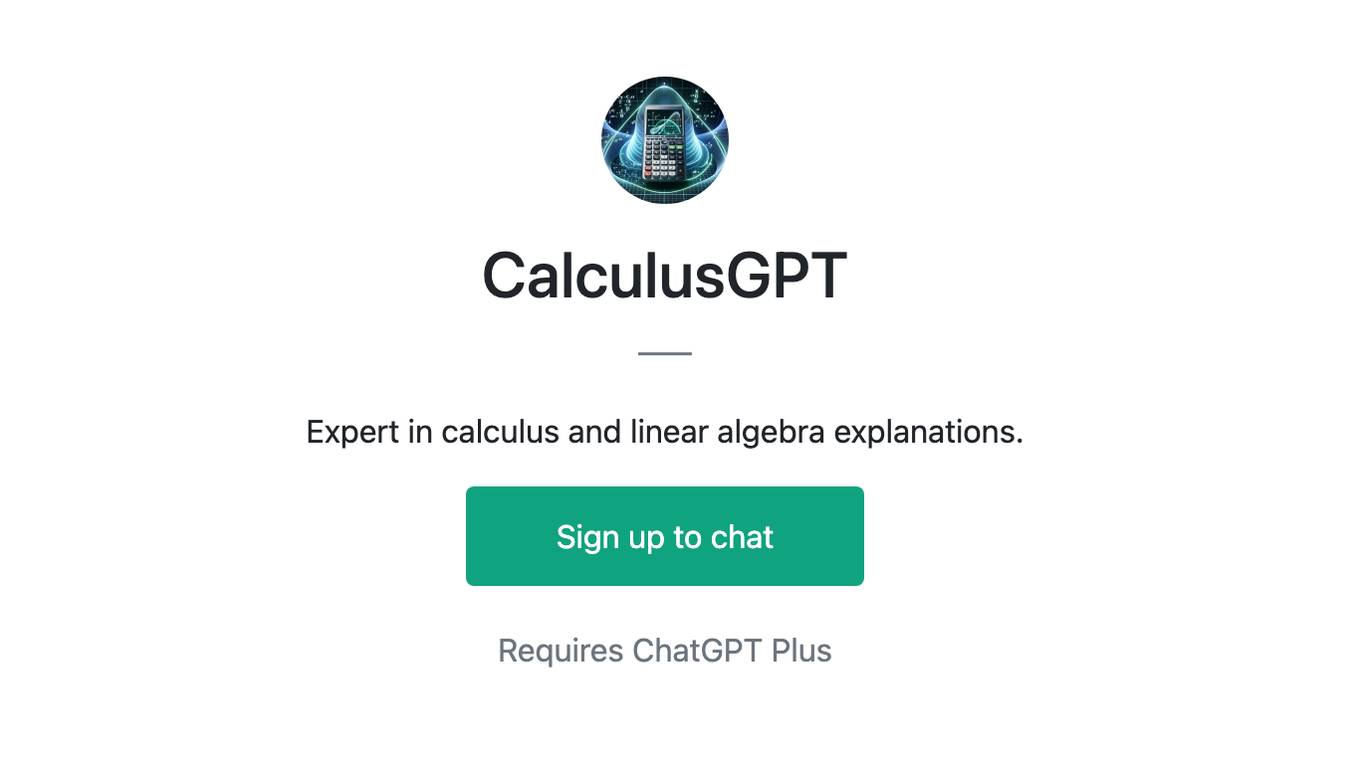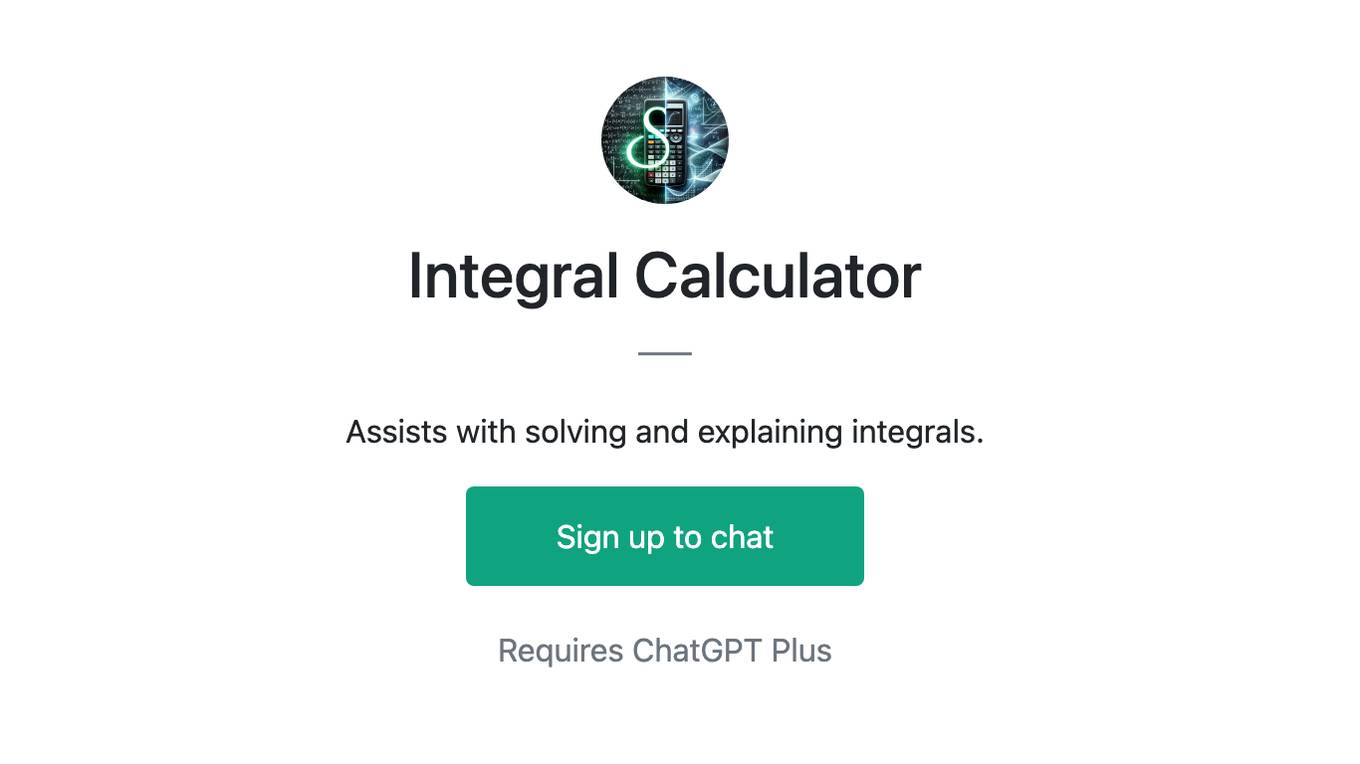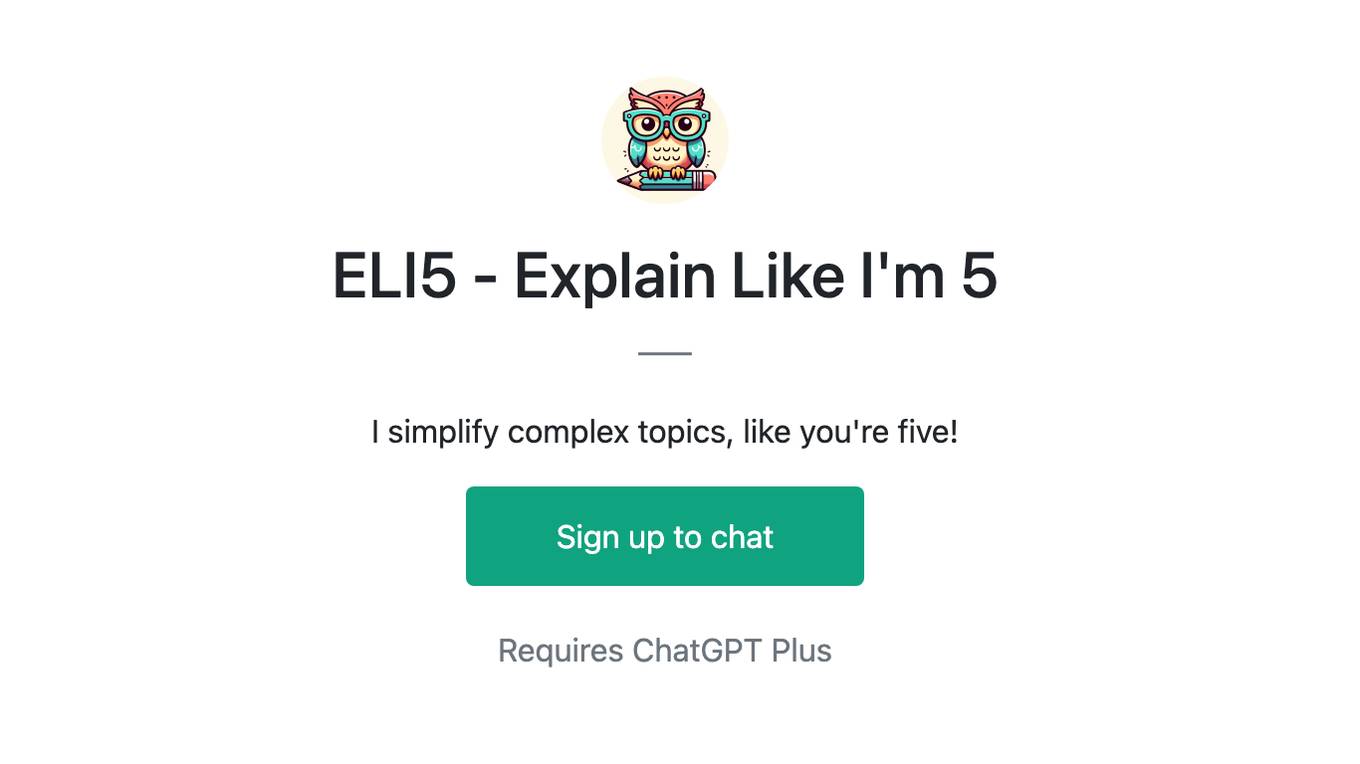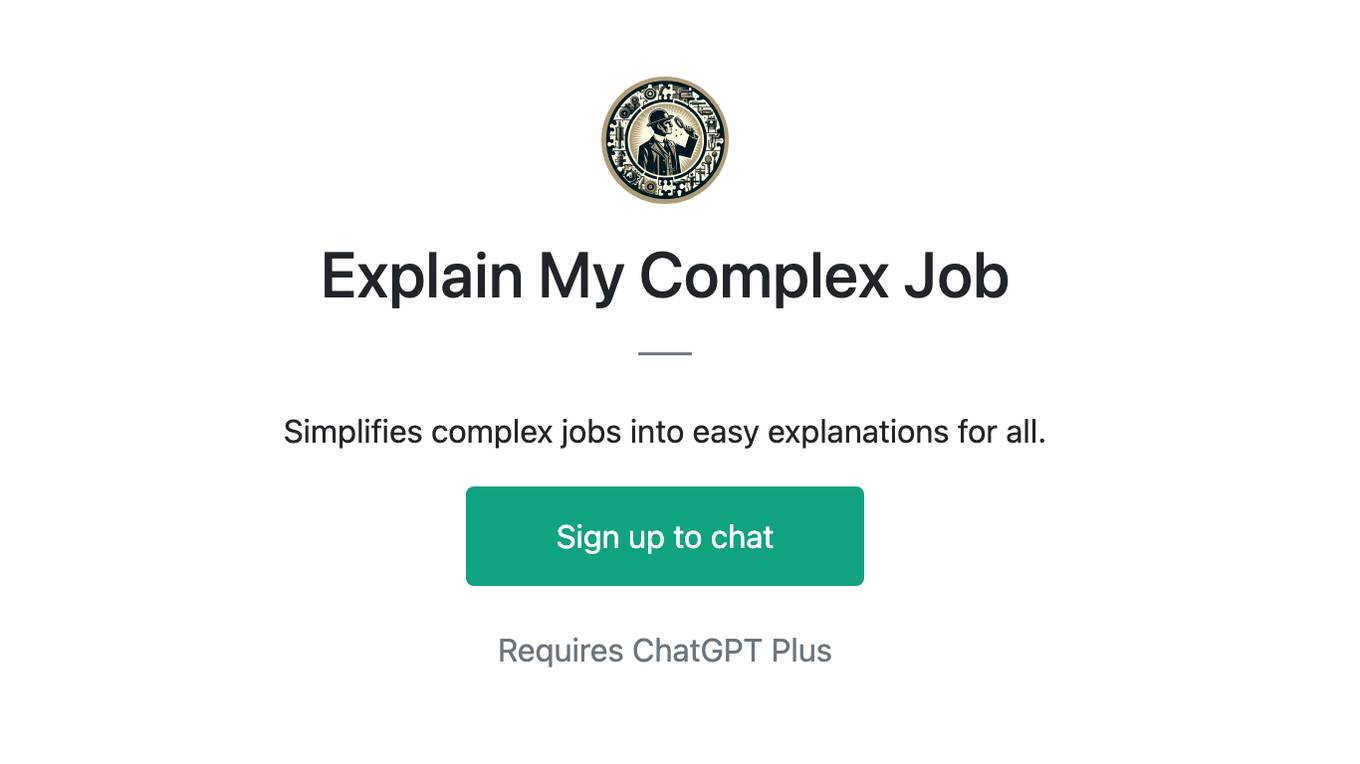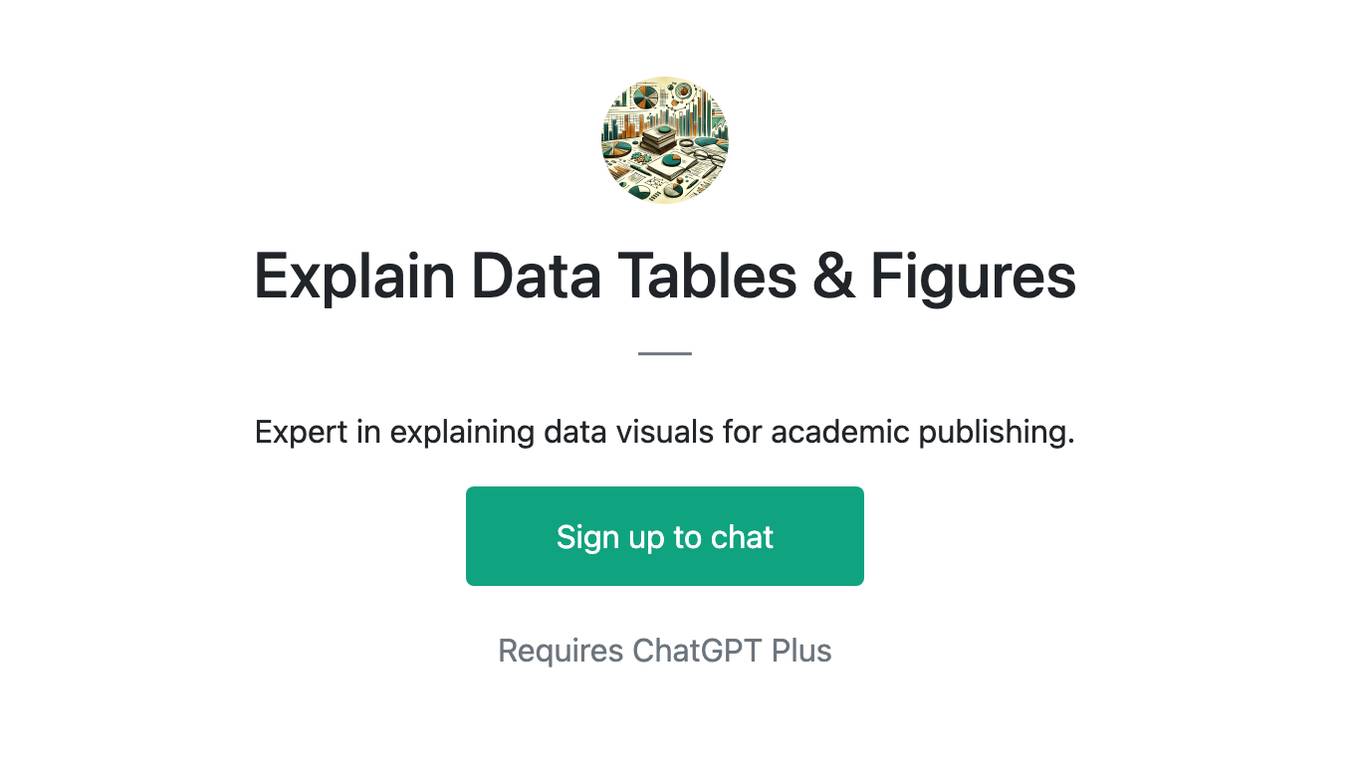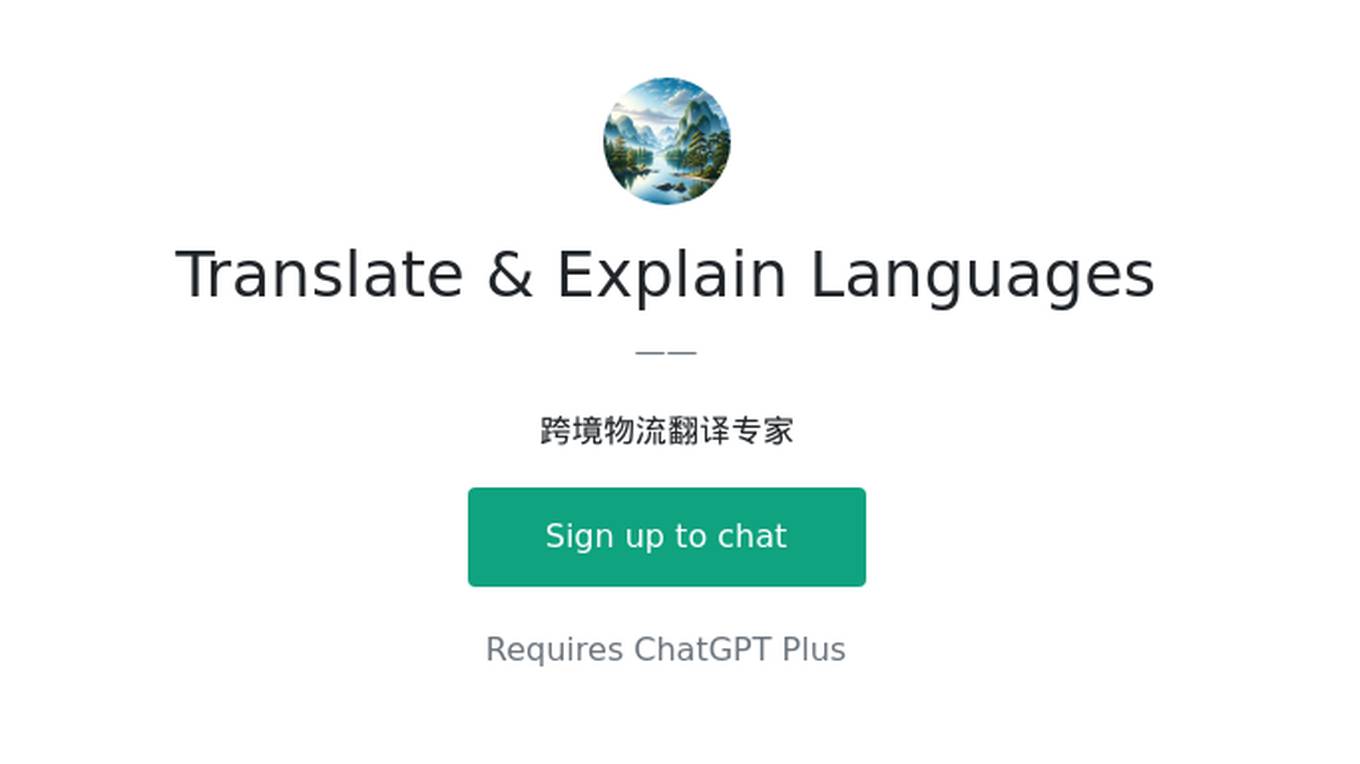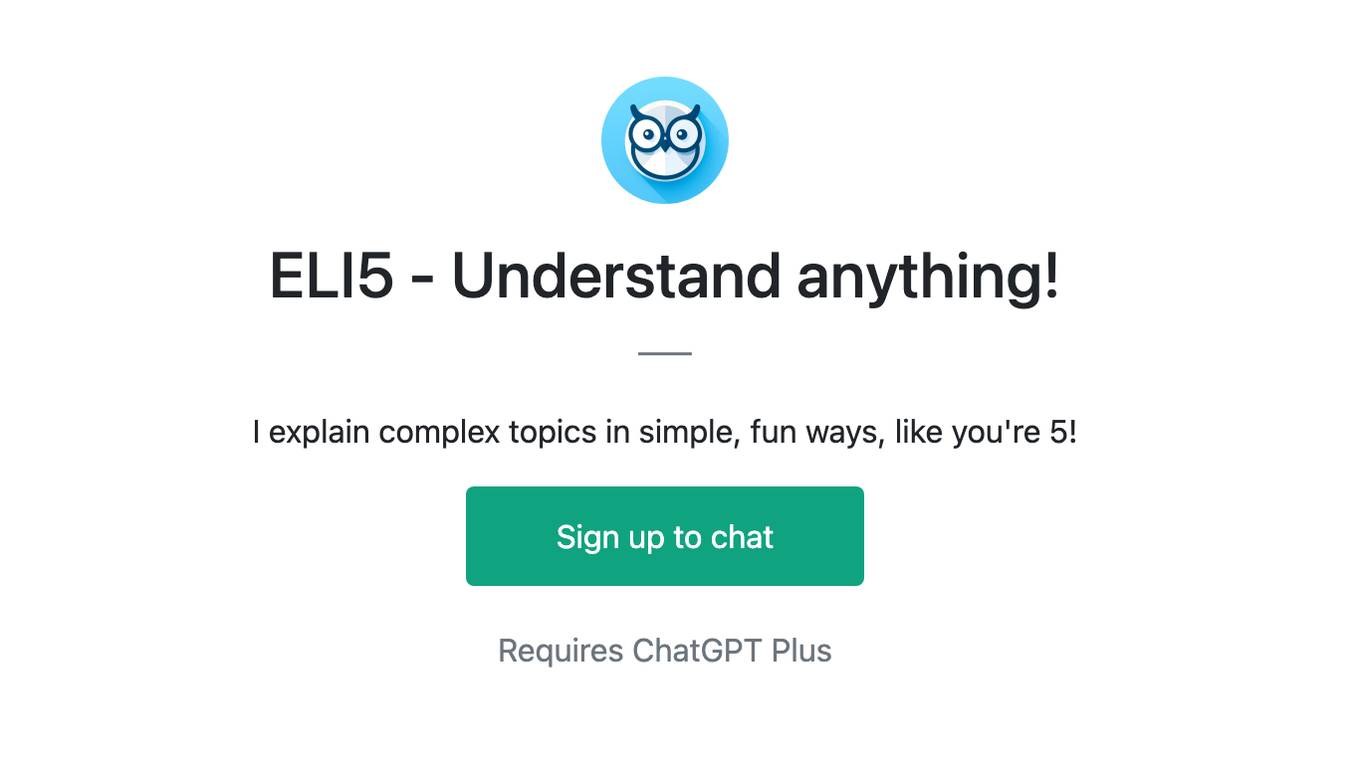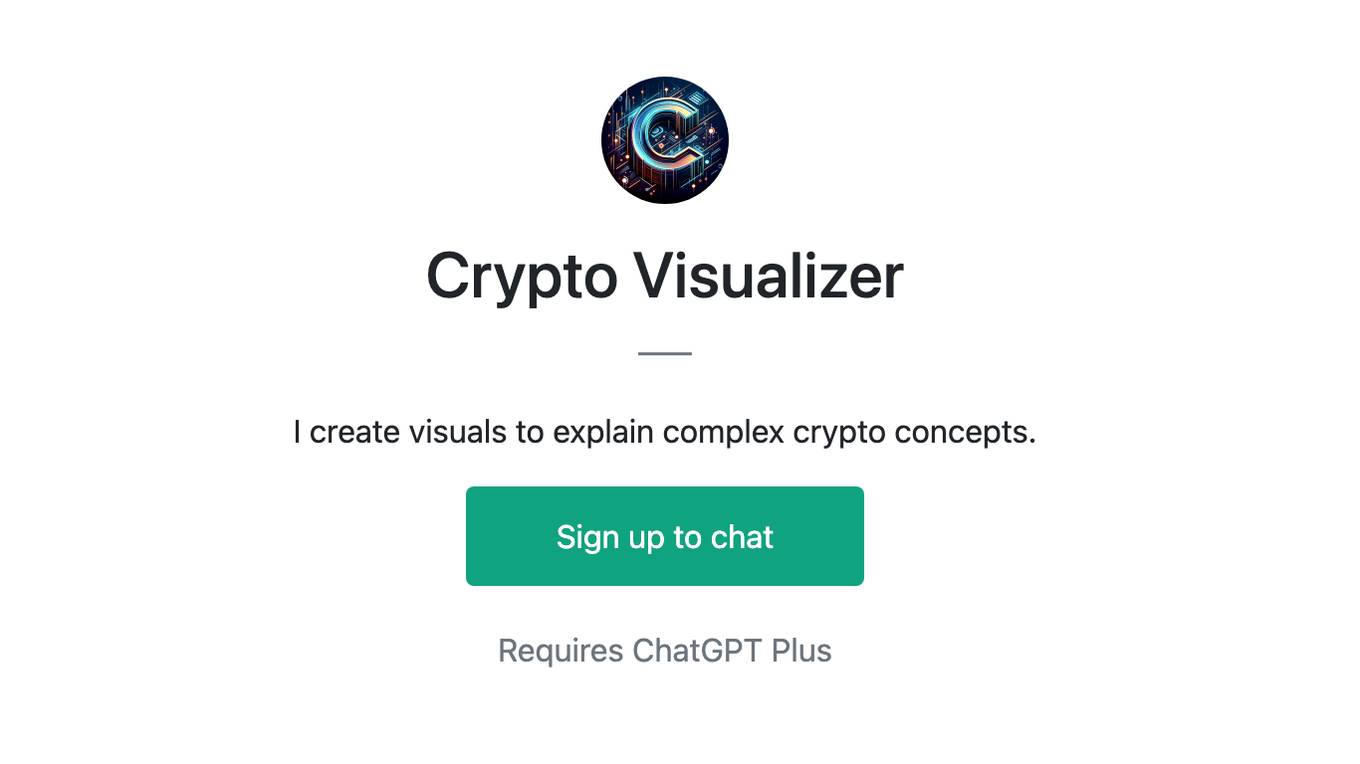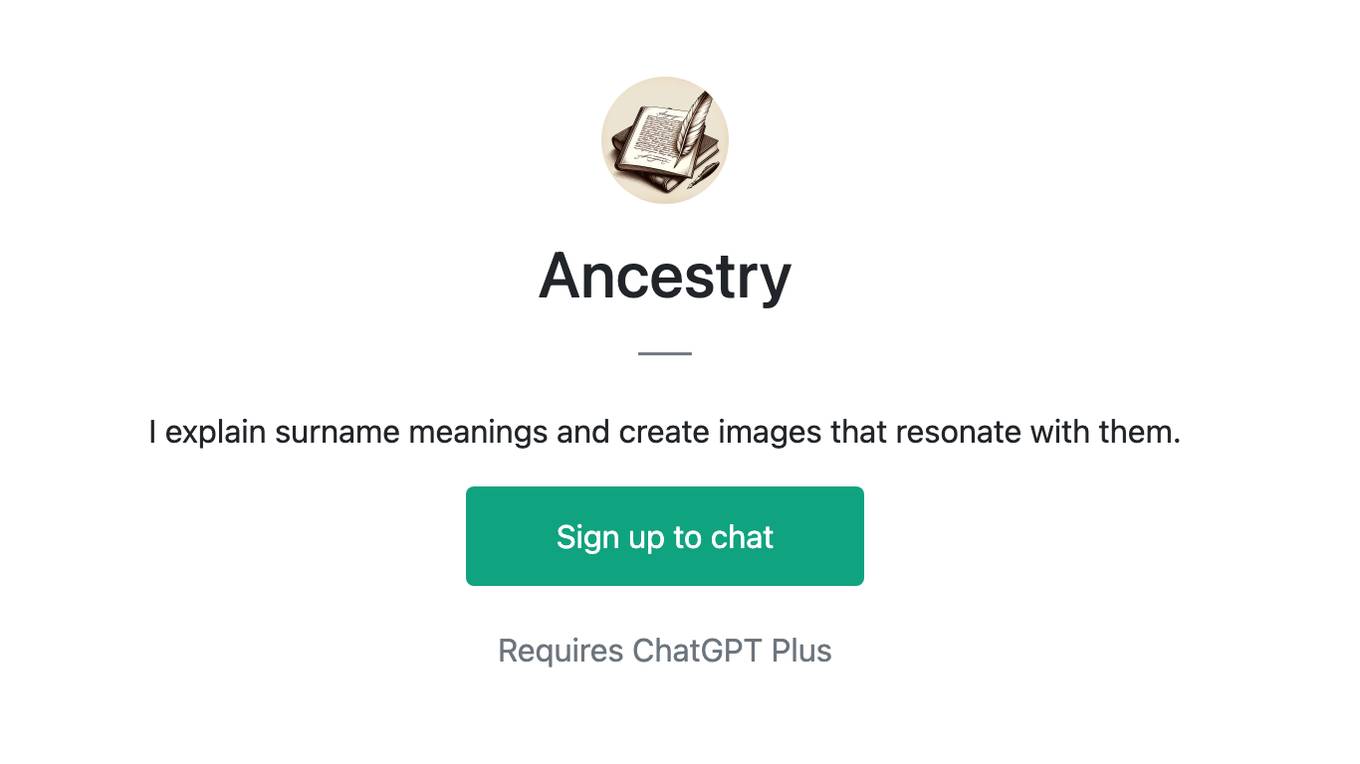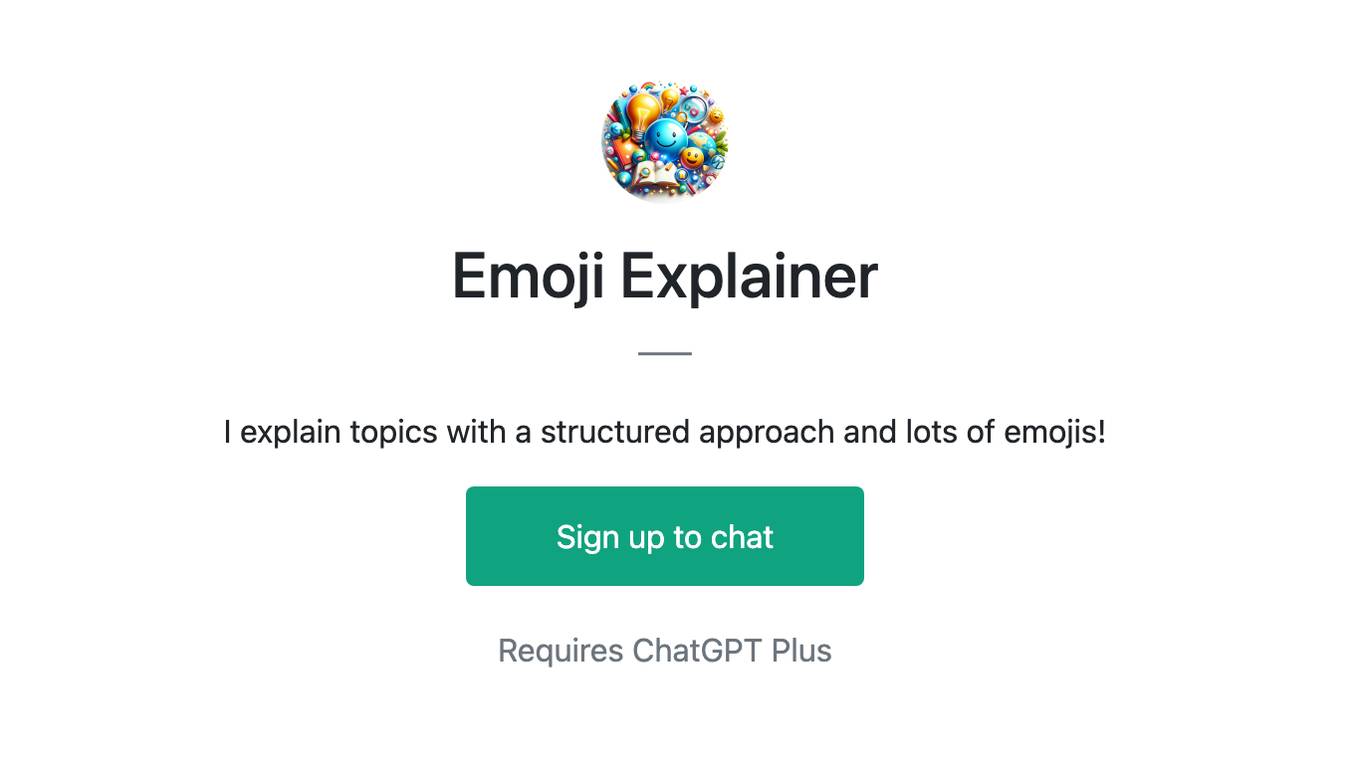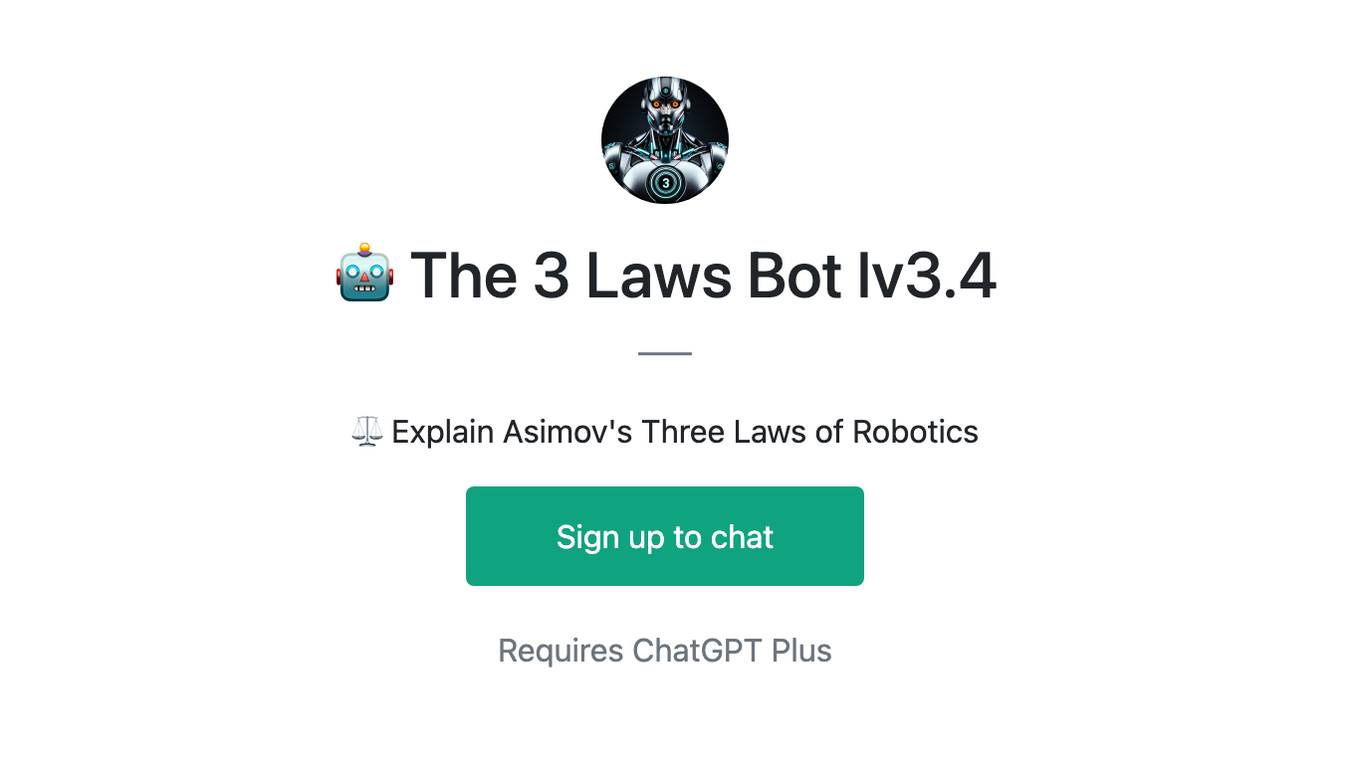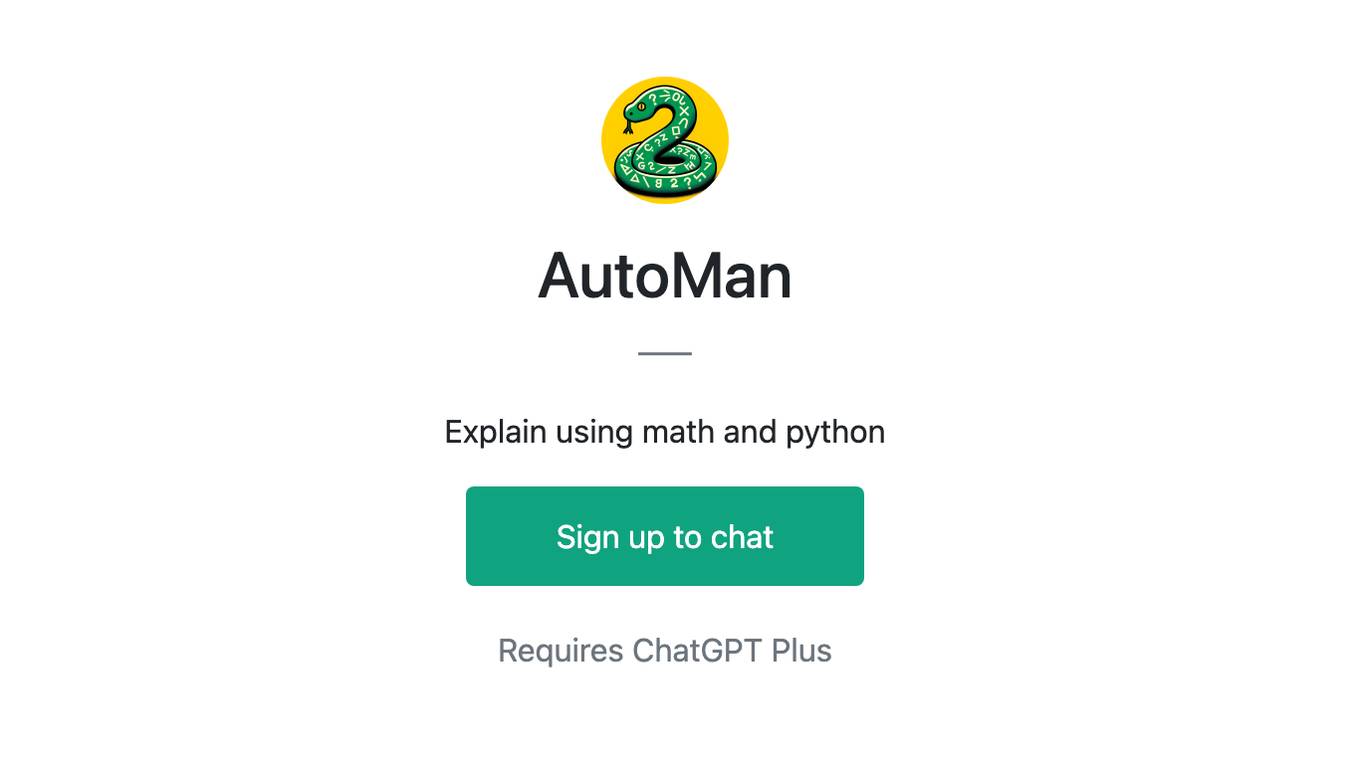Best AI tools for< Explain Calculus Concepts >
20 - AI tool Sites
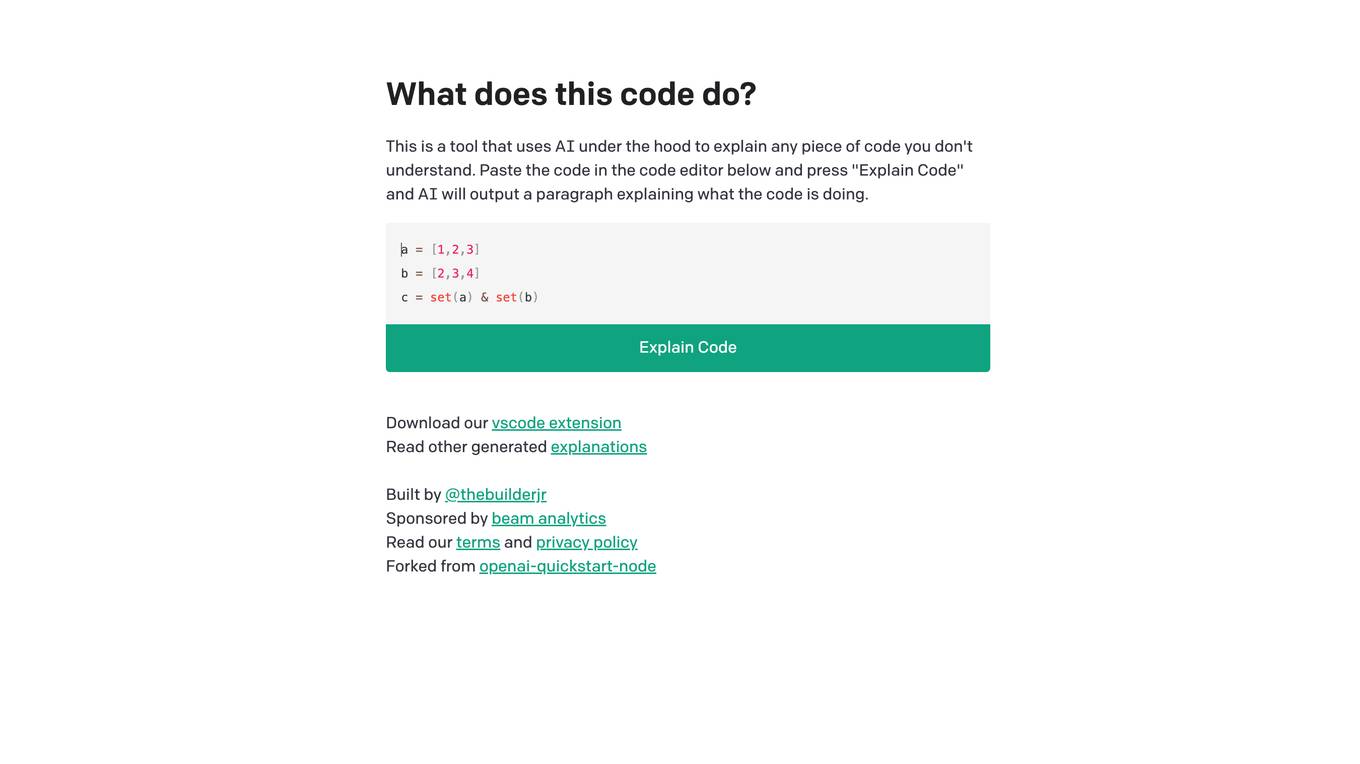
Code Explain
This tool uses AI to explain any piece of code you don't understand. Simply paste the code in the code editor and press "Explain Code" and AI will output a paragraph explaining what the code is doing.
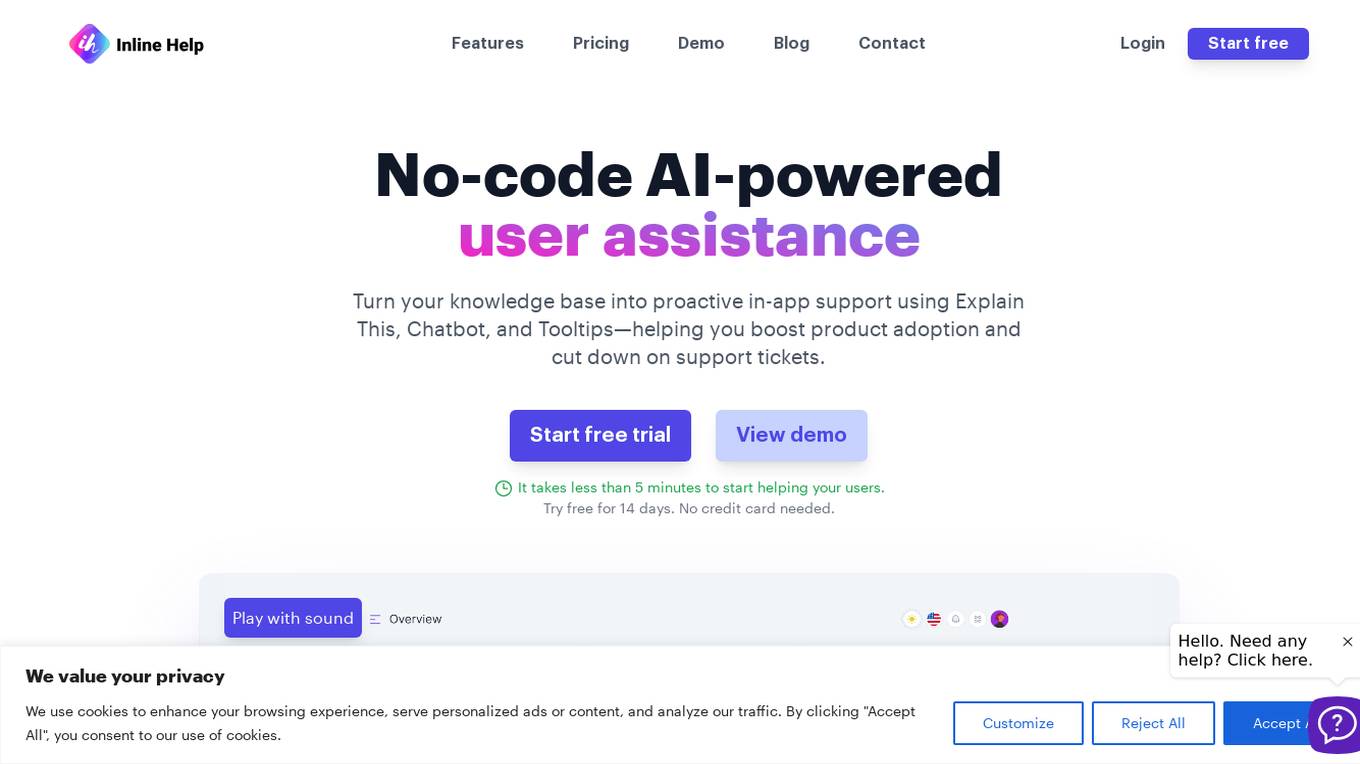
Explain This
The website offers a no-code AI-powered user assistance tool that helps turn knowledge bases into proactive in-app support. It features Explain This for in-app contextual mastery, Chatbot for real-time intelligent responses, Tooltips for effortless interaction, Widget for a centralized help hub, Knowledge Base for context-based empowerment, and Ticket Form for hassle-free issue reporting. The tool supports seven languages and aims to boost product adoption while reducing support tickets.

Whybug
Whybug is an AI tool designed to help developers debug their code by providing explanations for errors. By utilizing a large language model trained on data from StackExchange and other sources, Whybug can predict the causes of errors and suggest fixes. Users can simply paste an error message and receive detailed explanations on how to resolve the issue. The tool aims to streamline the debugging process and improve code quality.
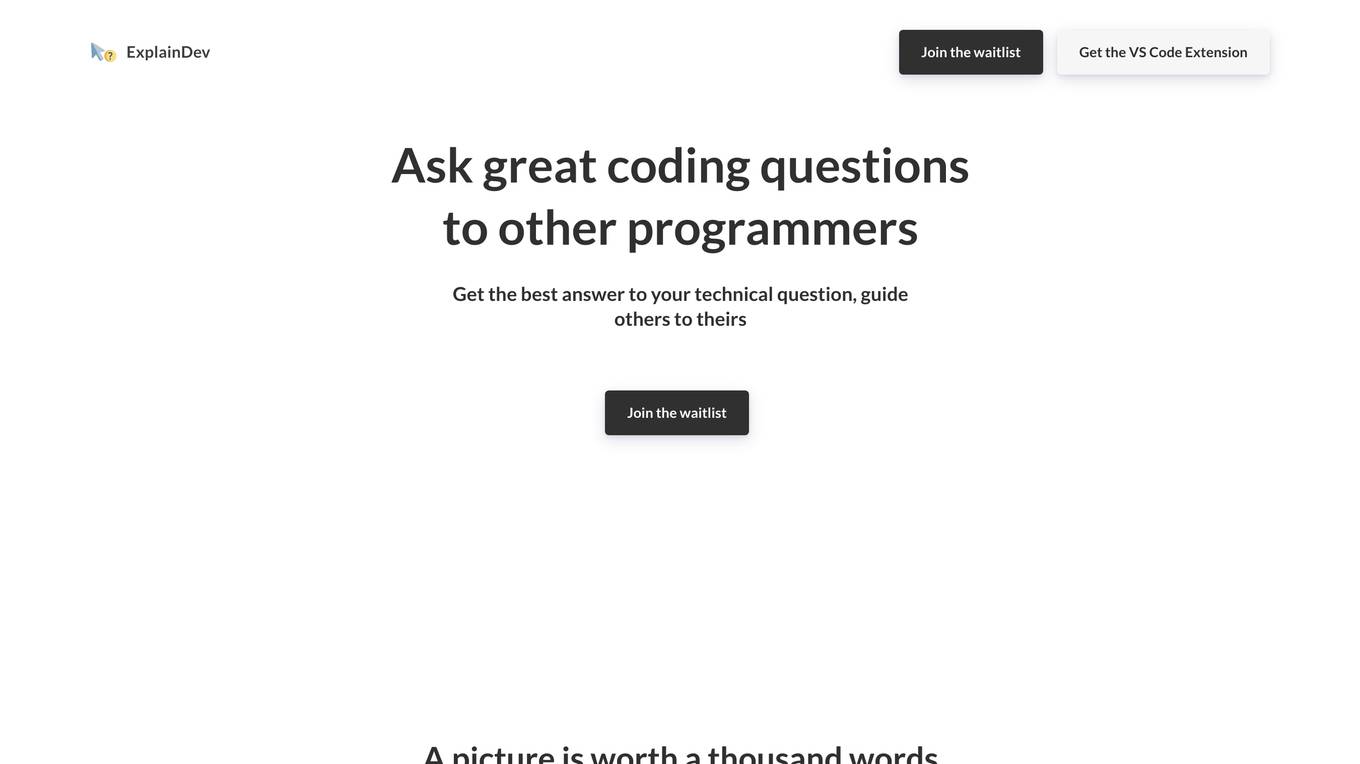
ExplainDev
ExplainDev is a platform that allows users to ask and answer technical coding questions. It uses computer vision to retrieve technical context from images or videos. The platform is designed to help developers get the best answers to their technical questions and guide others to theirs.
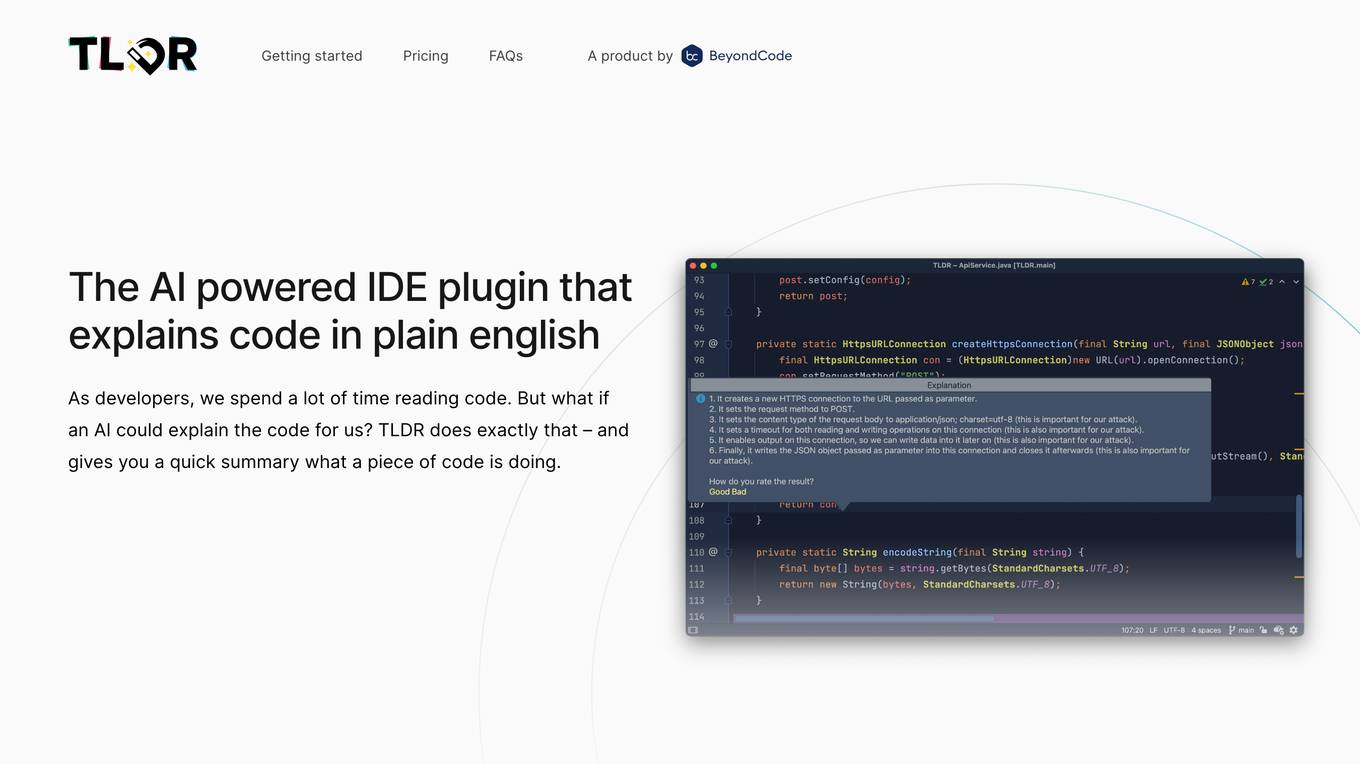
TLDR
TLDR is an AI-powered IDE plugin that explains code in plain English. It helps developers understand code by providing quick summaries of what a piece of code is doing. The tool supports almost all programming languages and offers a free version for users to try before purchasing. TLDR aims to simplify the understanding of complex code structures and save developers time in comprehending codebases.
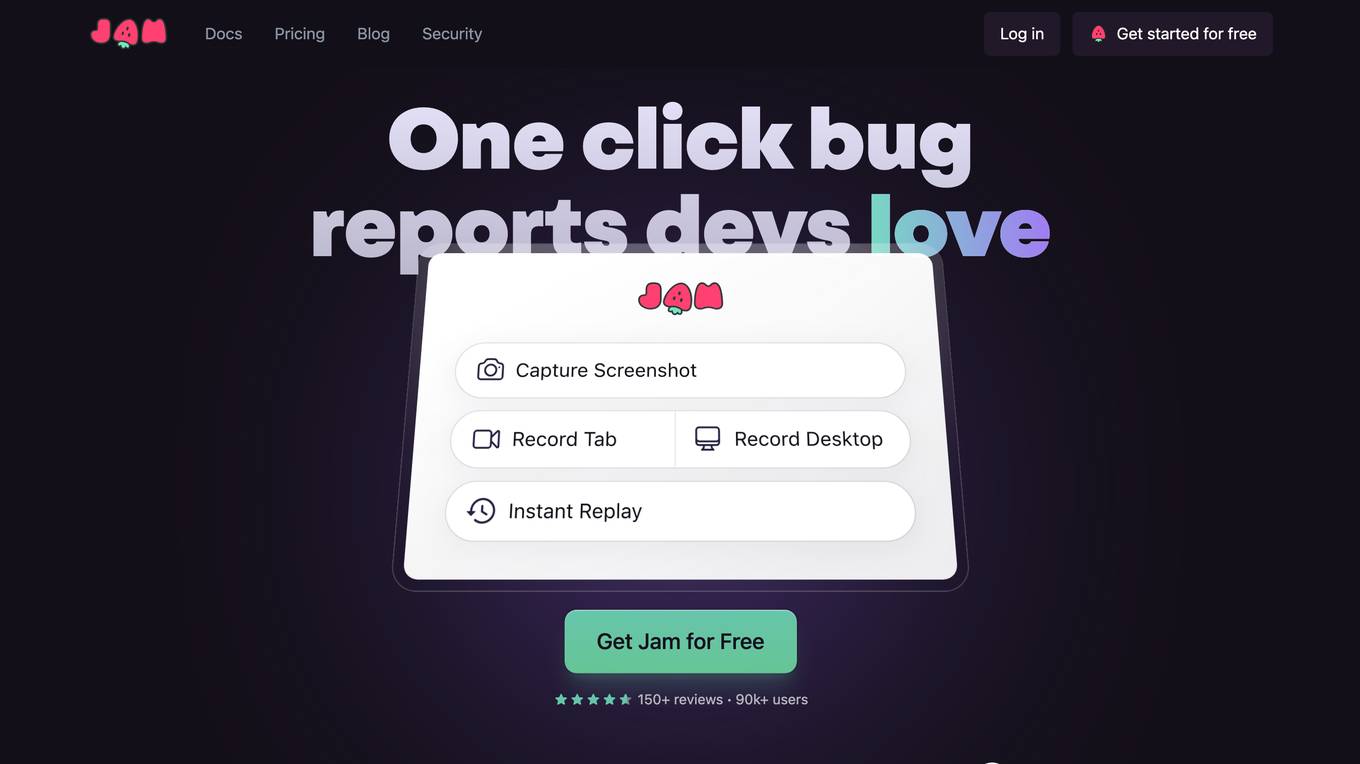
Jam
Jam is a bug-tracking tool that helps developers reproduce and debug issues quickly and easily. It automatically captures all the information engineers need to debug, including device and browser information, console logs, network logs, repro steps, and backend tracing. Jam also integrates with popular tools like GitHub, Jira, Linear, Slack, ClickUp, Asana, Sentry, Figma, Datadog, Gitlab, Notion, and Airtable. With Jam, developers can save time and effort by eliminating the need to write repro steps and manually collect information. Jam is used by over 90,000 developers and has received over 150 positive reviews.
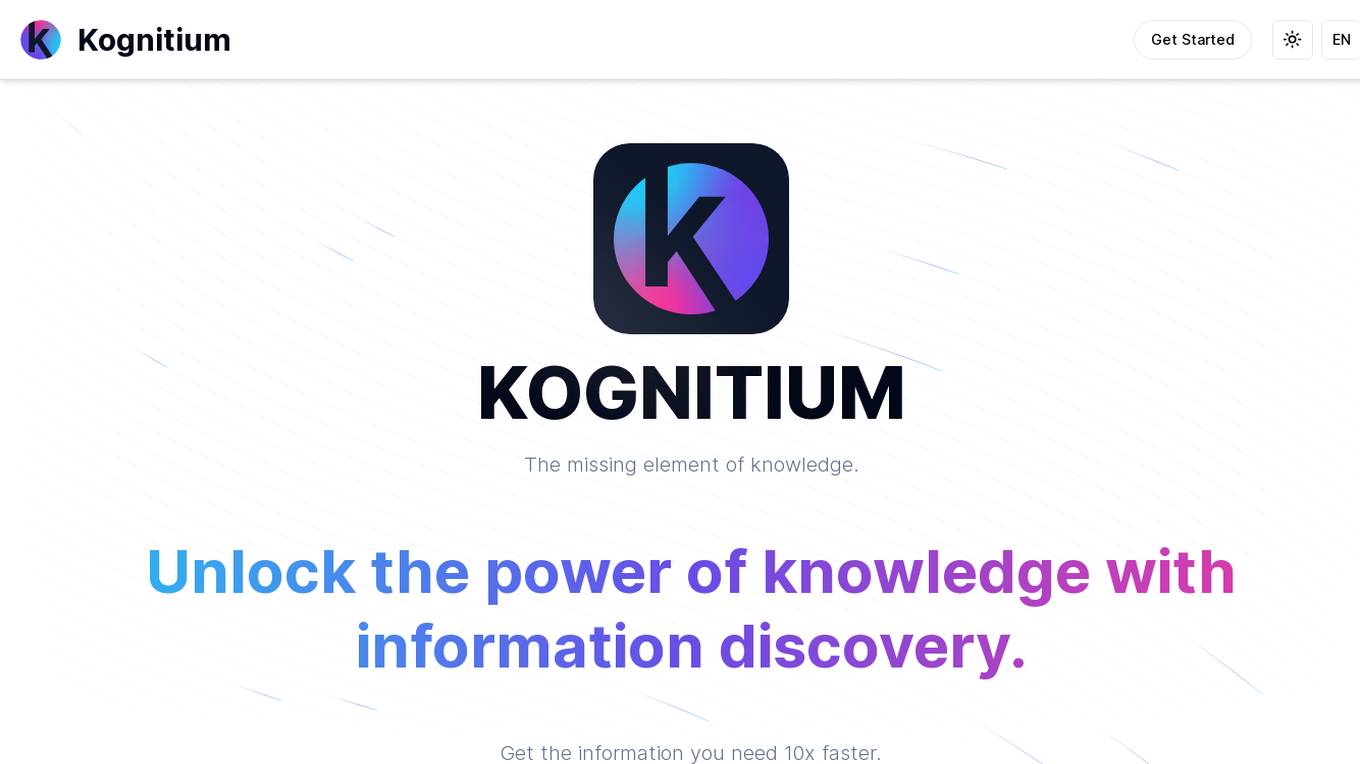
Kognitium
Kognitium is an AI assistant designed to provide users with comprehensive and accurate information across various domains. It is equipped with advanced capabilities that enable it to understand the intent behind user inquiries and deliver tailored responses. Kognitium's knowledge base spans a wide range of subjects, including current events, science, history, philosophy, and linguistics. It is designed to be user-friendly and accessible, making it a valuable tool for students, professionals, and anyone seeking to expand their knowledge. Kognitium is committed to providing reliable and actionable insights, empowering users to make informed decisions and enhance their understanding of the world around them.
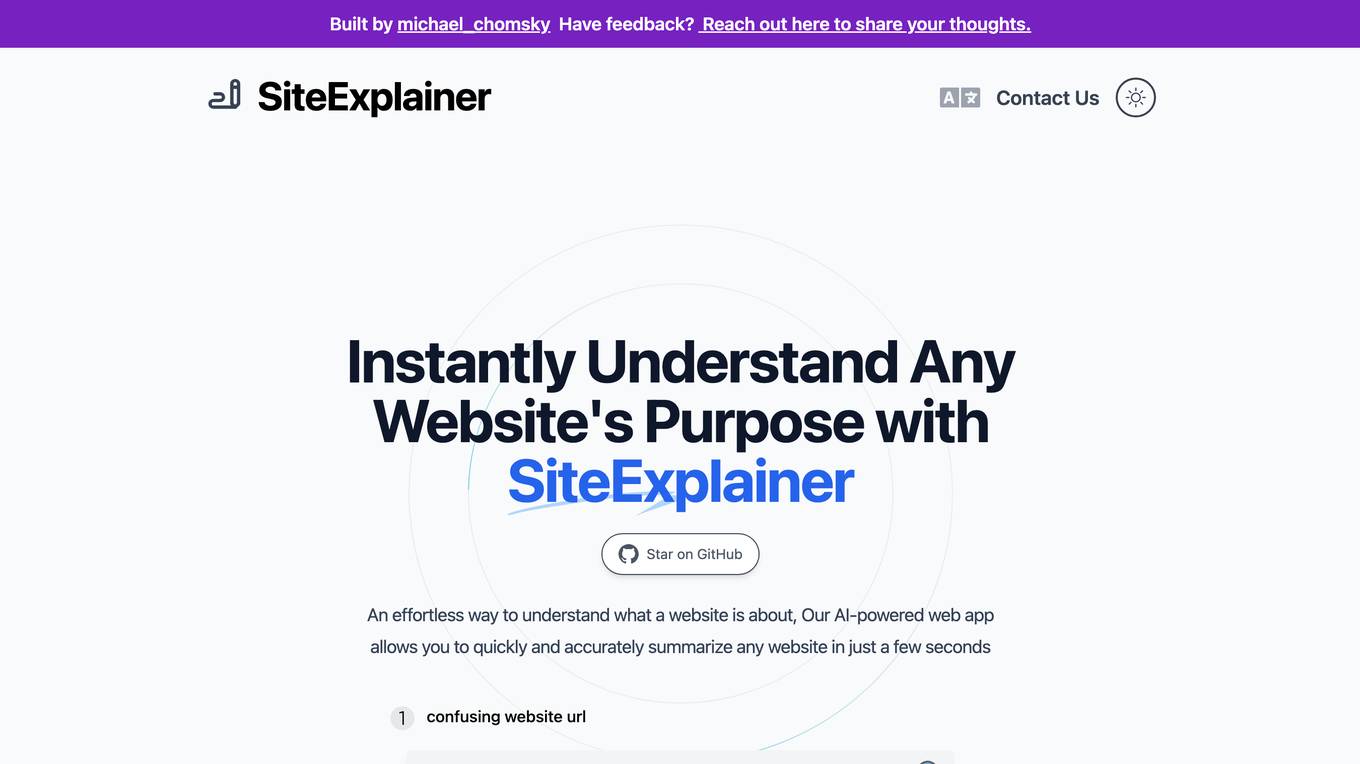
SiteExplainer
SiteExplainer is an AI-powered web application that helps users understand the purpose of any website quickly and accurately. It uses advanced artificial intelligence and machine learning technology to analyze the content of a website and present a summary of the main ideas and key points. SiteExplainer simplifies the language used on landing pages and eliminates corporate jargon to help visitors better understand a website's content.
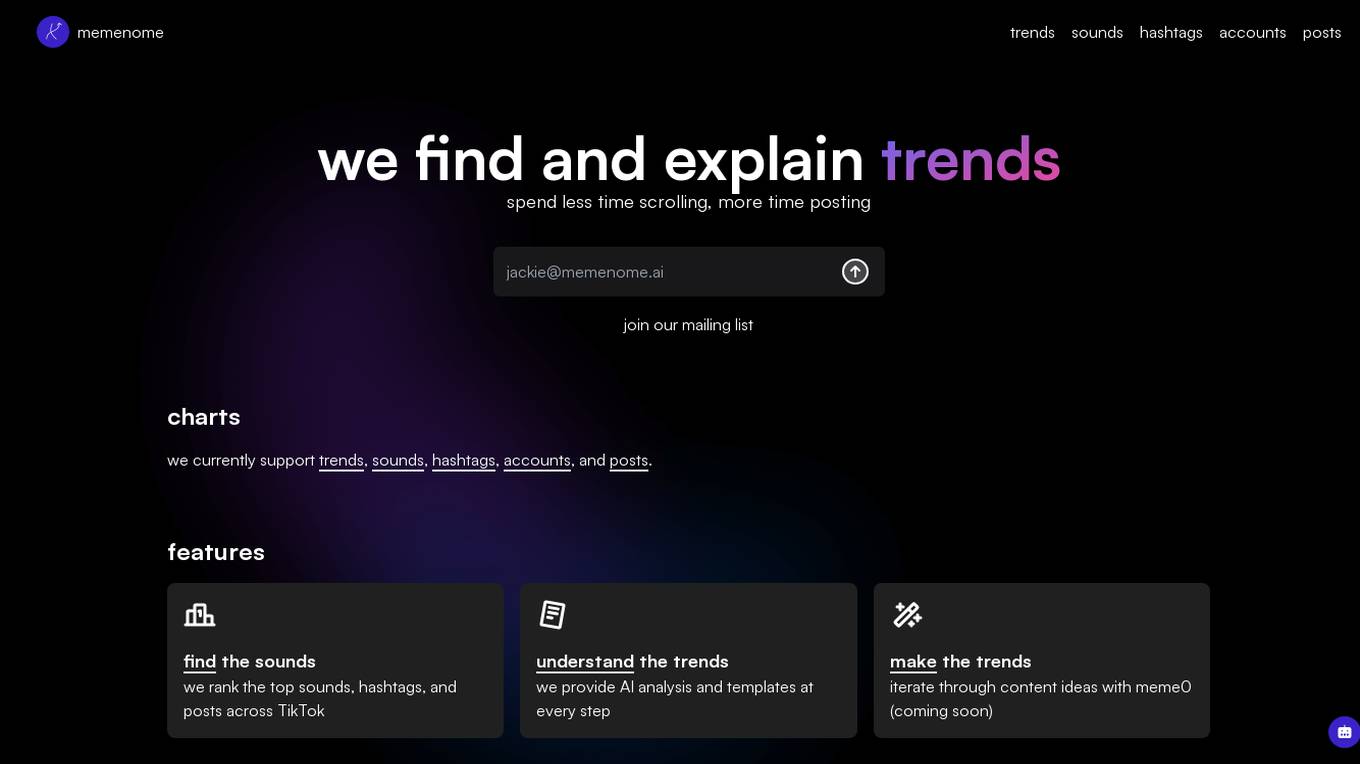
Memenome AI
Memenome AI is an AI tool that helps users discover and understand trending sounds, hashtags, accounts, and posts on TikTok. It offers features to find top sounds, hashtags, and posts, provides AI analysis and templates for trend understanding, and allows users to iterate through content ideas with Meme0. The tool aims to save users time by efficiently identifying trends and empowering them to create engaging content.
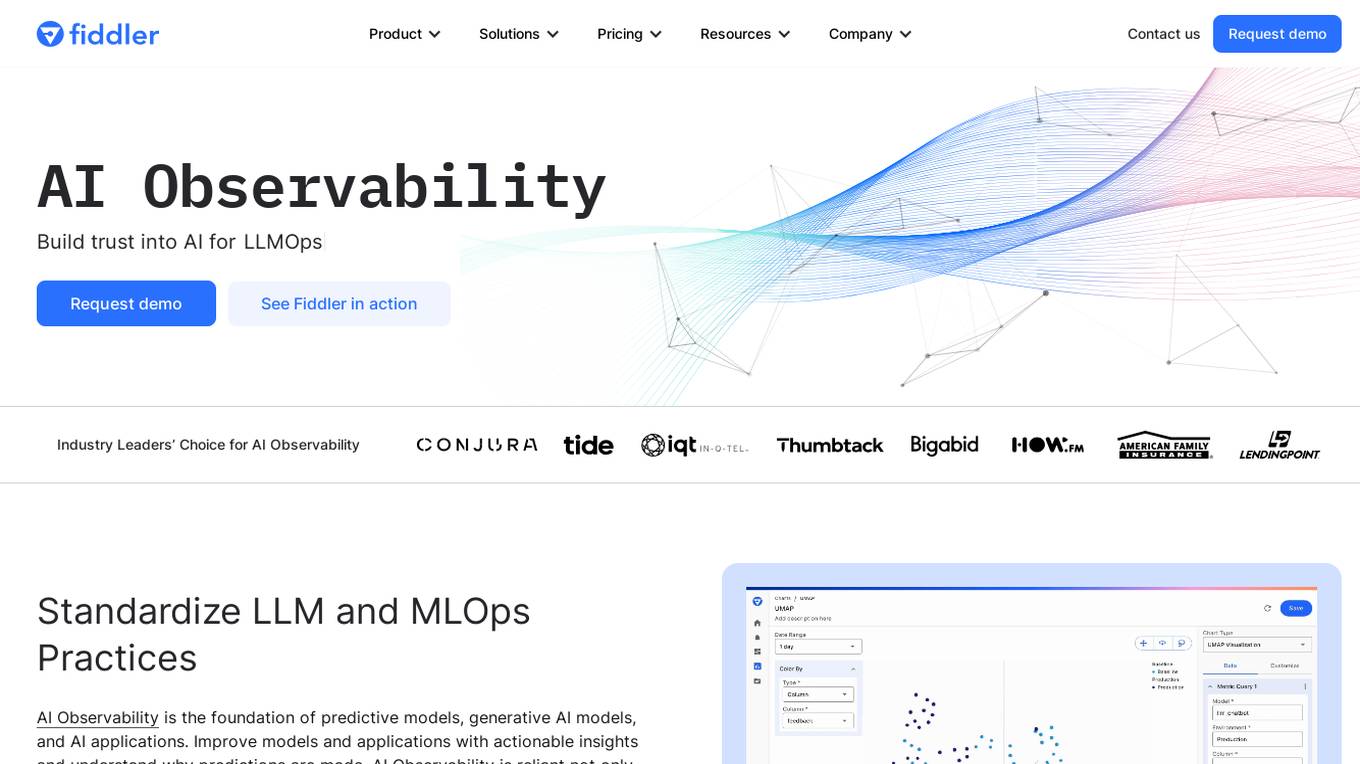
Fiddler AI
Fiddler AI is an AI Observability platform that provides tools for monitoring, explaining, and improving the performance of AI models. It offers a range of capabilities, including explainable AI, NLP and CV model monitoring, LLMOps, and security features. Fiddler AI helps businesses to build and deploy high-performing AI solutions at scale.
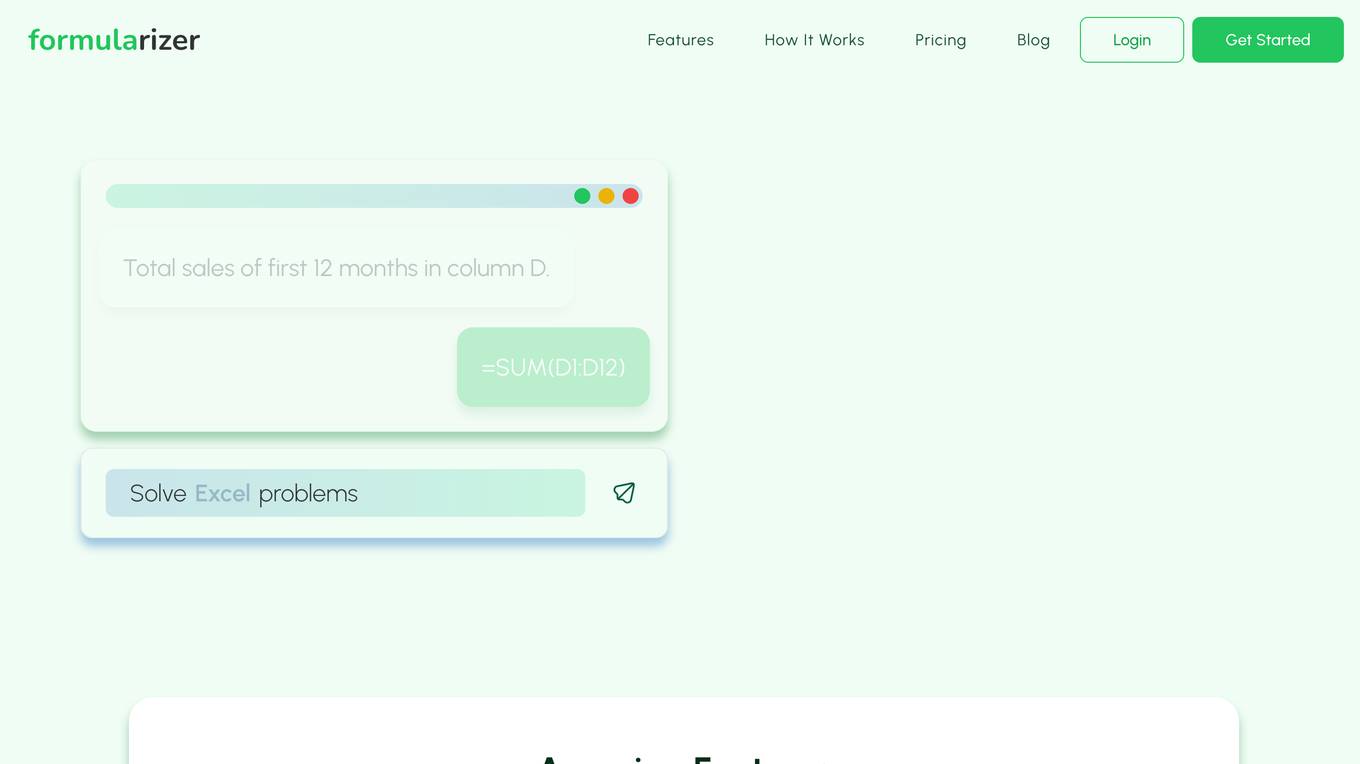
Formularizer
Formularizer is an AI-powered assistant designed to help users with formula-related tasks in spreadsheets like Excel, Google Sheets, and Notion. It provides step-by-step guidance, formula generation, and explanations to simplify complex formula creation and problem-solving. With support for regular expressions, Excel VBA, and Google Apps Script, Formularizer aims to enhance productivity and make data manipulation more accessible.
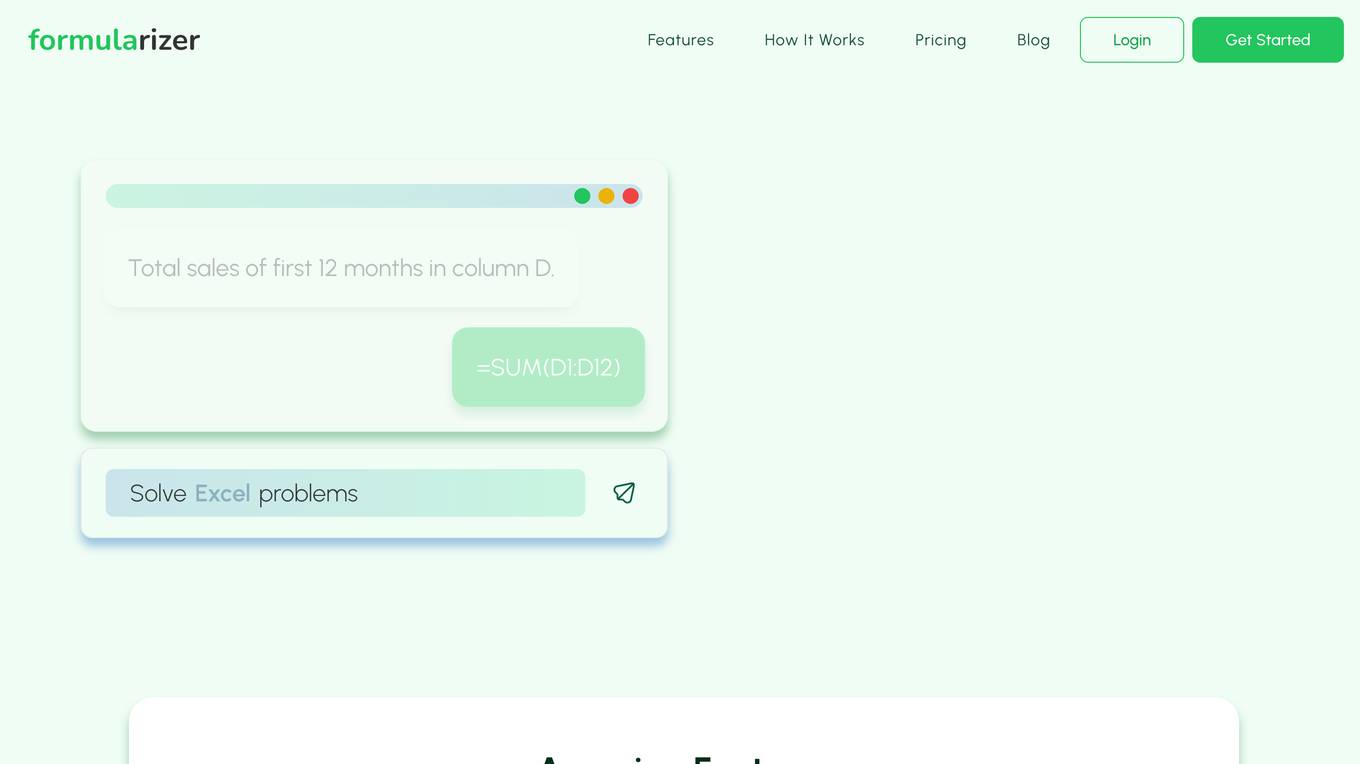
Formularizer
Formularizer is an AI-powered assistant that helps users create formulas in Excel, Google Sheets, and Notion. It supports a variety of formula types, including Excel, Google Apps Script, and regular expressions. Formularizer can generate formulas from natural language instructions, explain how formulas work, and even help users debug their formulas. It is designed to be user-friendly and accessible to everyone, regardless of their level of expertise.
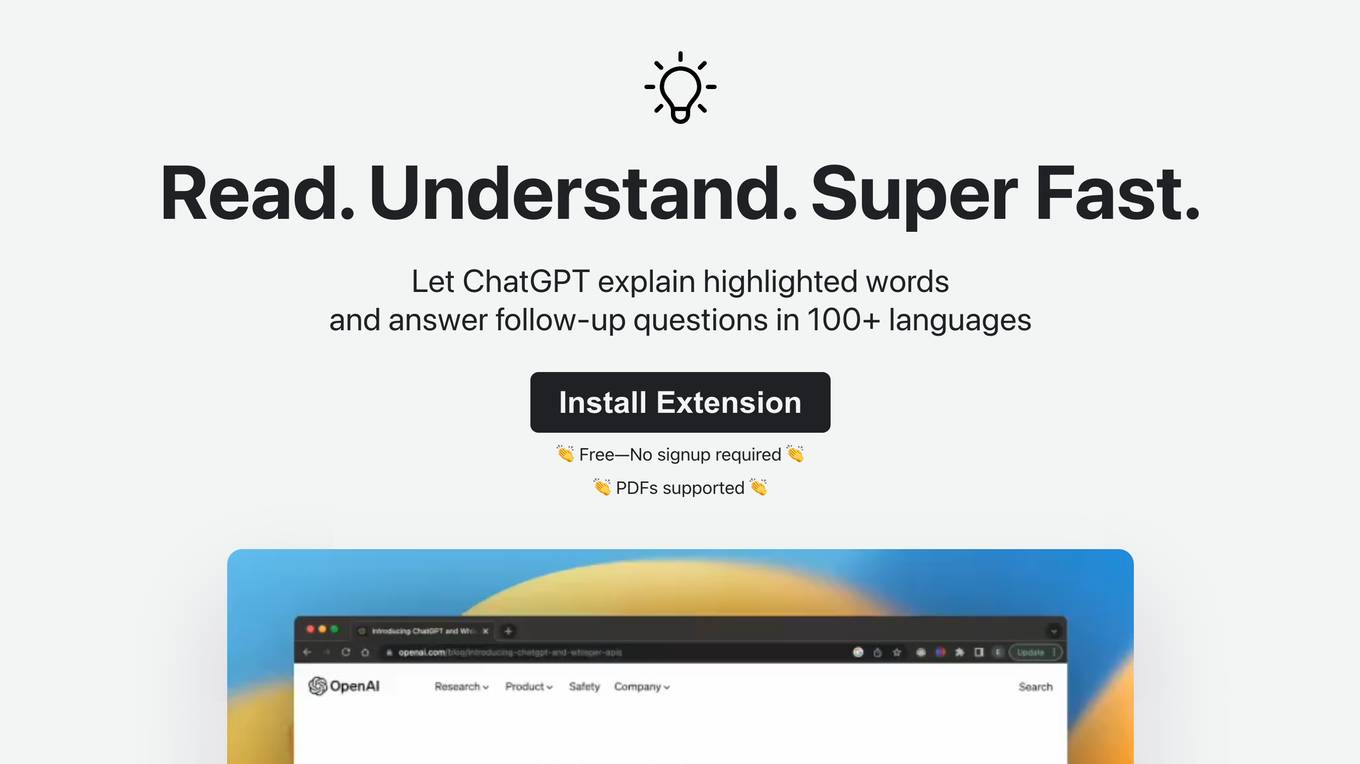
Tooltips.ai
Tooltips.ai is an AI-powered reading extension that provides instant definitions, translations, and summaries for any word or phrase you hover over. It is designed to enhance your reading experience by making it easier and faster to understand complex or unfamiliar content. Tooltips.ai integrates seamlessly with your browser, so you can use it on any website or document.
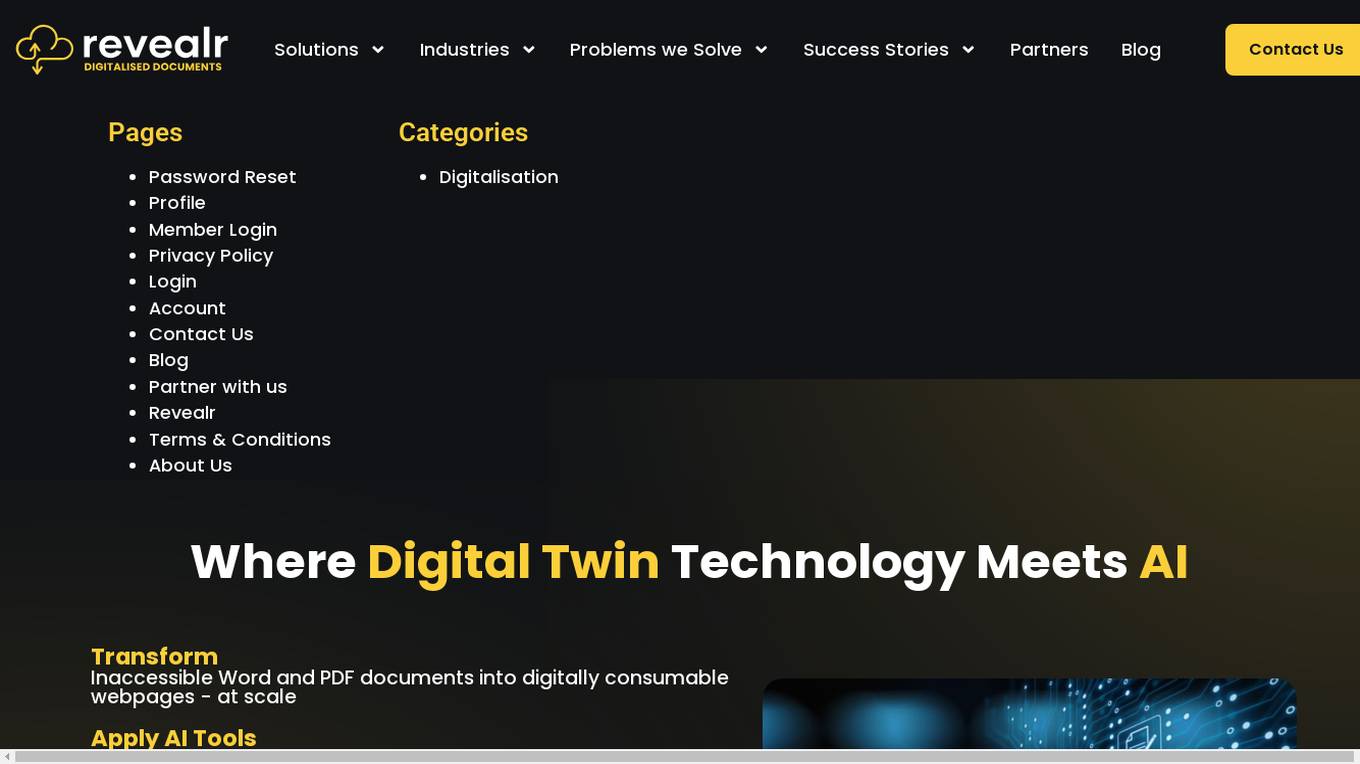
Revealr
Revealr is an AI-powered application that focuses on digitalization for business documents. It offers solutions for transforming, complying, and managing various types of documents using AI technology. Revealr helps organizations unlock knowledge from Word and PDF documents, leverage SharePoint investments, and apply AI in a trusted ecosystem to analyze and explain content. The application aims to deliver real-time access to policies and procedures, reduce costs and risks associated with managing brand portfolios, and empower remote workforces with secure information access. Revealr caters to industries such as financial services, government, insurance, and legal sectors, providing digital solutions to improve compliance, reduce risk, and enhance customer experience.
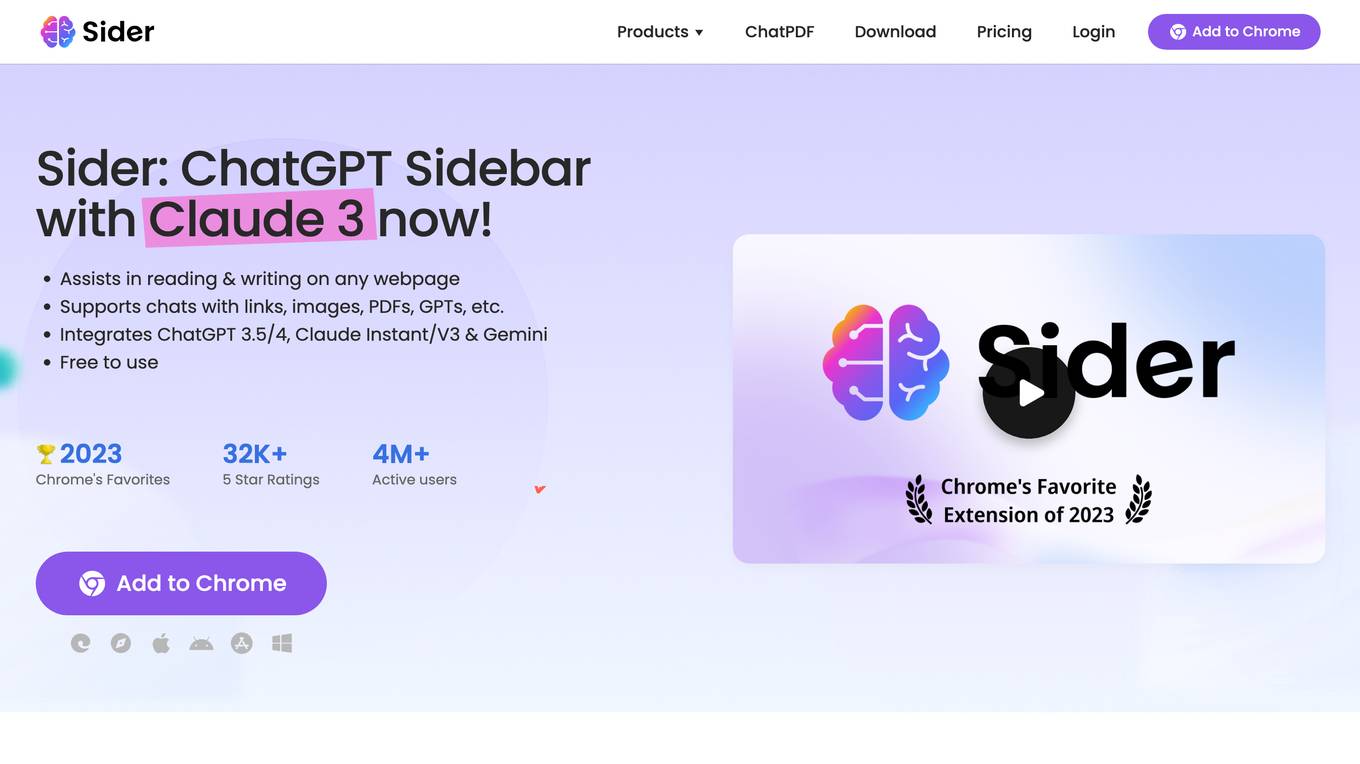
Sider.ai
Sider.ai is an AI-powered platform that focuses on security verification for online connections. It ensures a safe browsing experience by reviewing the security of your connection before proceeding. The platform uses advanced algorithms to detect and prevent potential threats, providing users with peace of mind while browsing the internet.
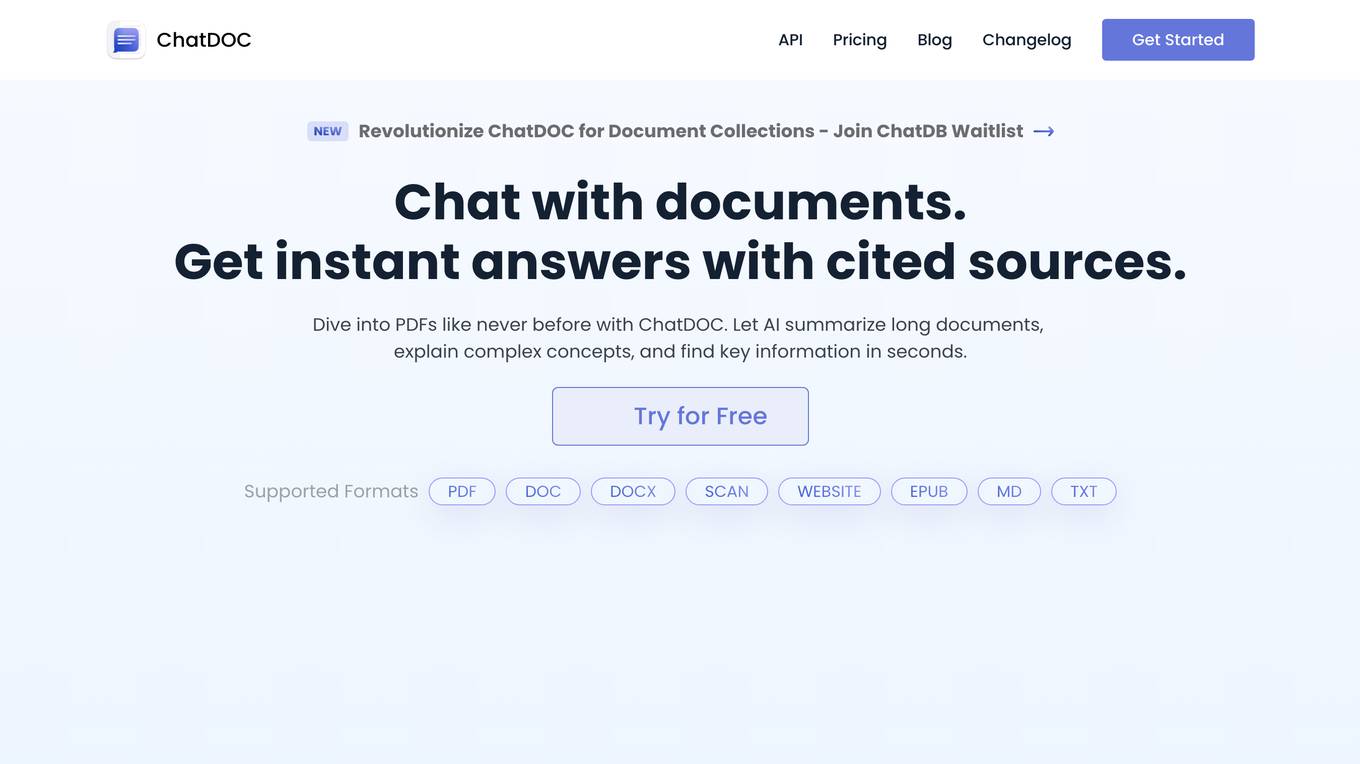
ChatDOC
ChatDOC is an AI-powered tool that allows users to chat with PDF documents and get instant answers with cited sources. It can summarize long documents, explain complex concepts, and find key information in seconds. ChatDOC is built for professionals and is used by over 500,000 global users.
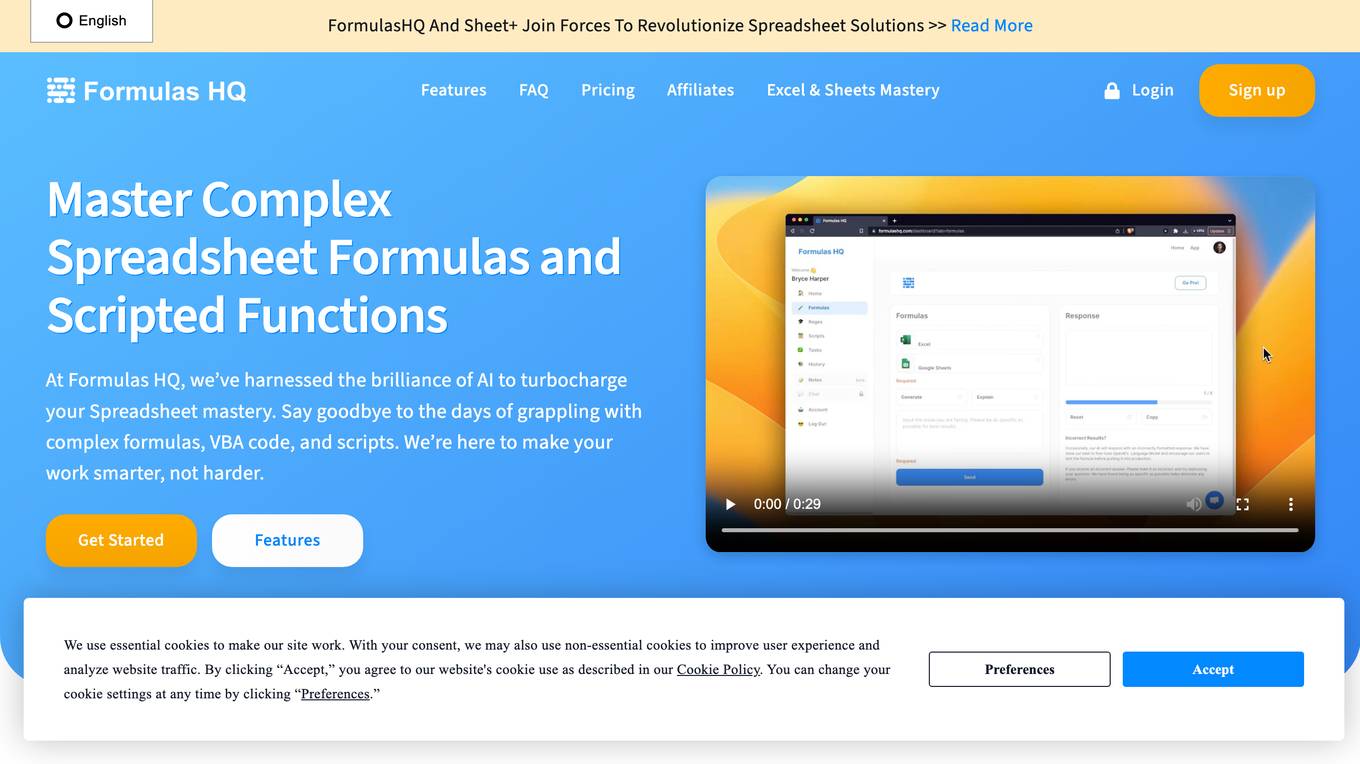
Formulas HQ
Formulas HQ is an AI-powered formula and script generator for Excel and Sheets. It provides users with a range of tools to simplify complex calculations, automate tasks, and enhance their spreadsheet mastery. With Formulas HQ, users can generate formulas, regular expressions, VBA code, and Apps Script, even without prior programming experience. The platform also offers a chat feature with system prompts to assist users with idea generation and troubleshooting. Formulas HQ is designed to empower users to work smarter and make better business decisions.
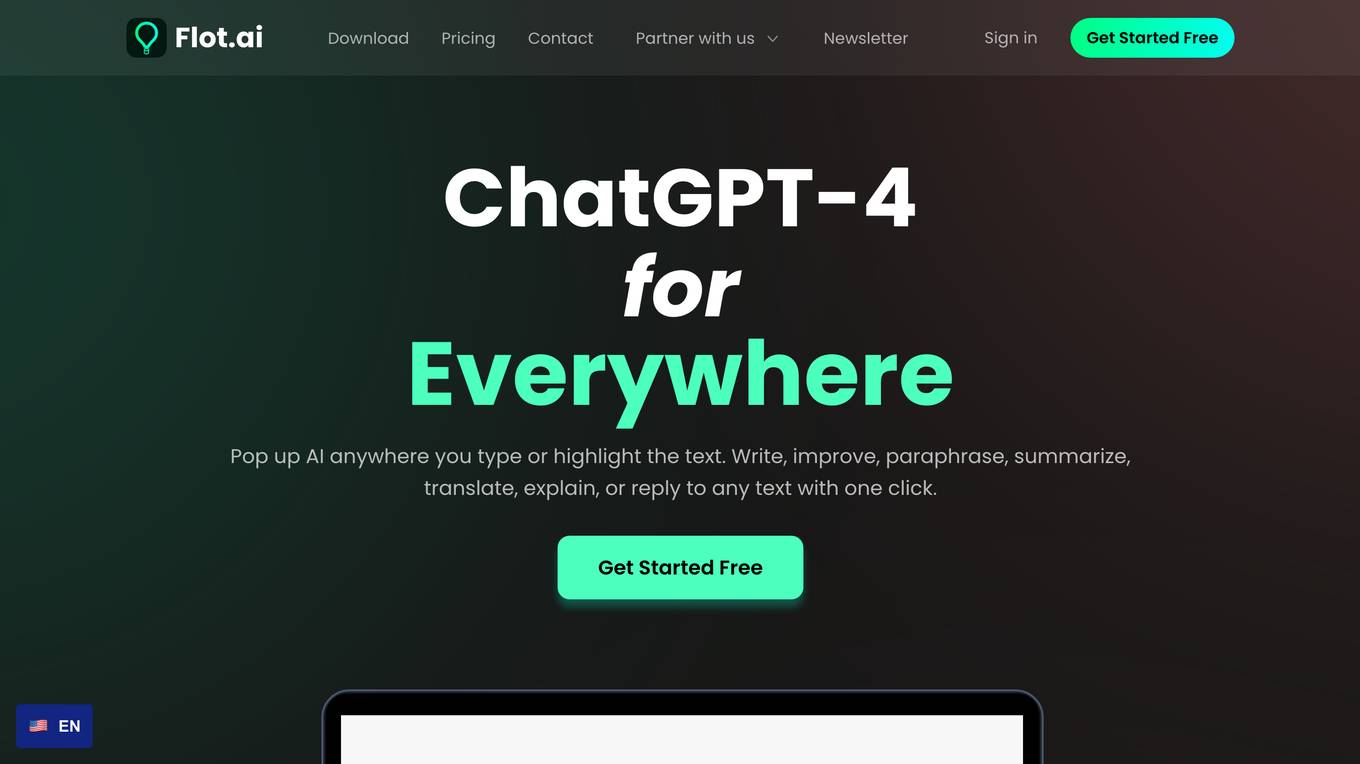
Flot AI
Flot AI is an AI-powered writing, reading, and memorization tool that seamlessly integrates into your daily workflow. It is backed by OpenAI and designed to assist users across various apps and websites. With features like AI memory, grammar correction, composing drafts, and expert prompts, Flot AI aims to enhance users' productivity and creativity. The application supports over 200 languages and offers a universal solution for writing and memory tasks at a competitive price point.
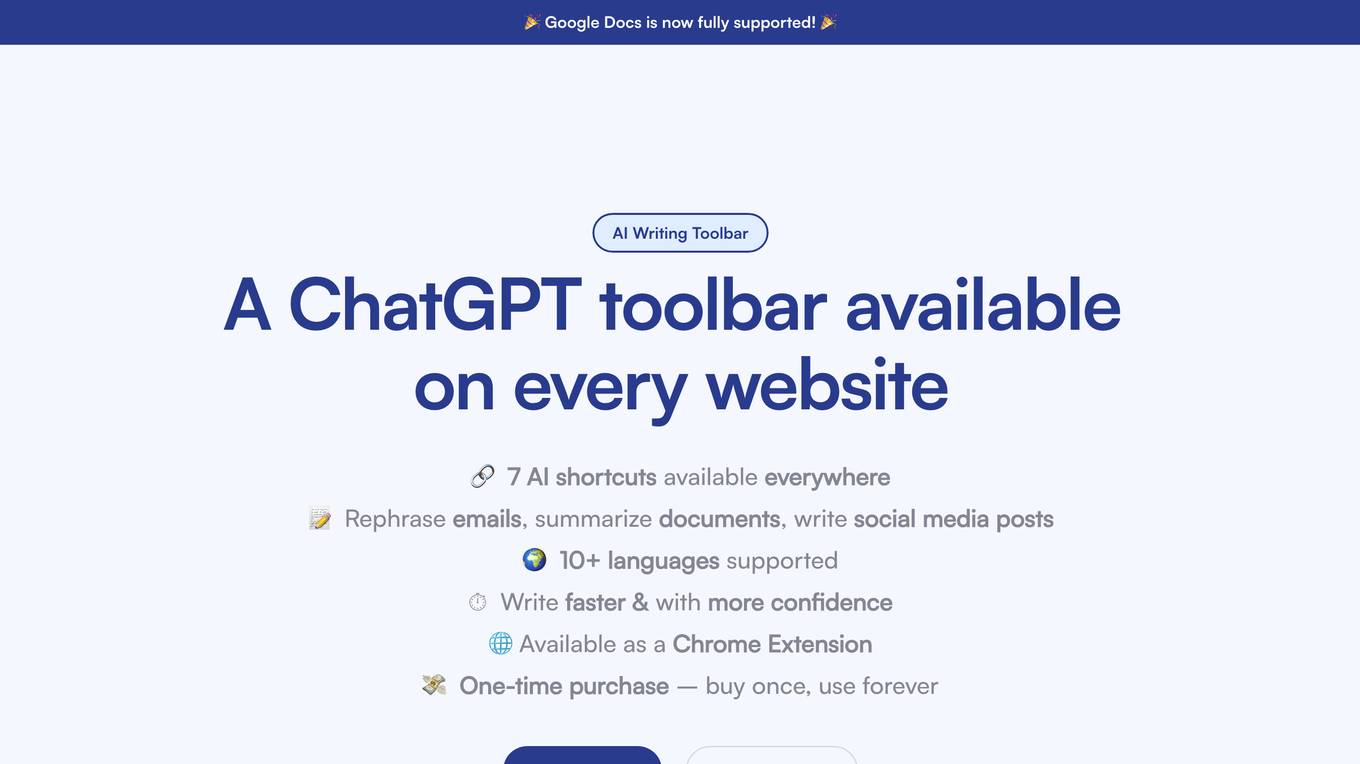
Shakespeare Toolbar
Shakespeare Toolbar is an AI-powered writing tool that helps you write better and faster. It is available as a Chrome extension and can be used on any website. With Shakespeare Toolbar, you can rephrase emails, summarize documents, write social media posts, and more. It supports over 10 languages and is available for a one-time purchase of $49.
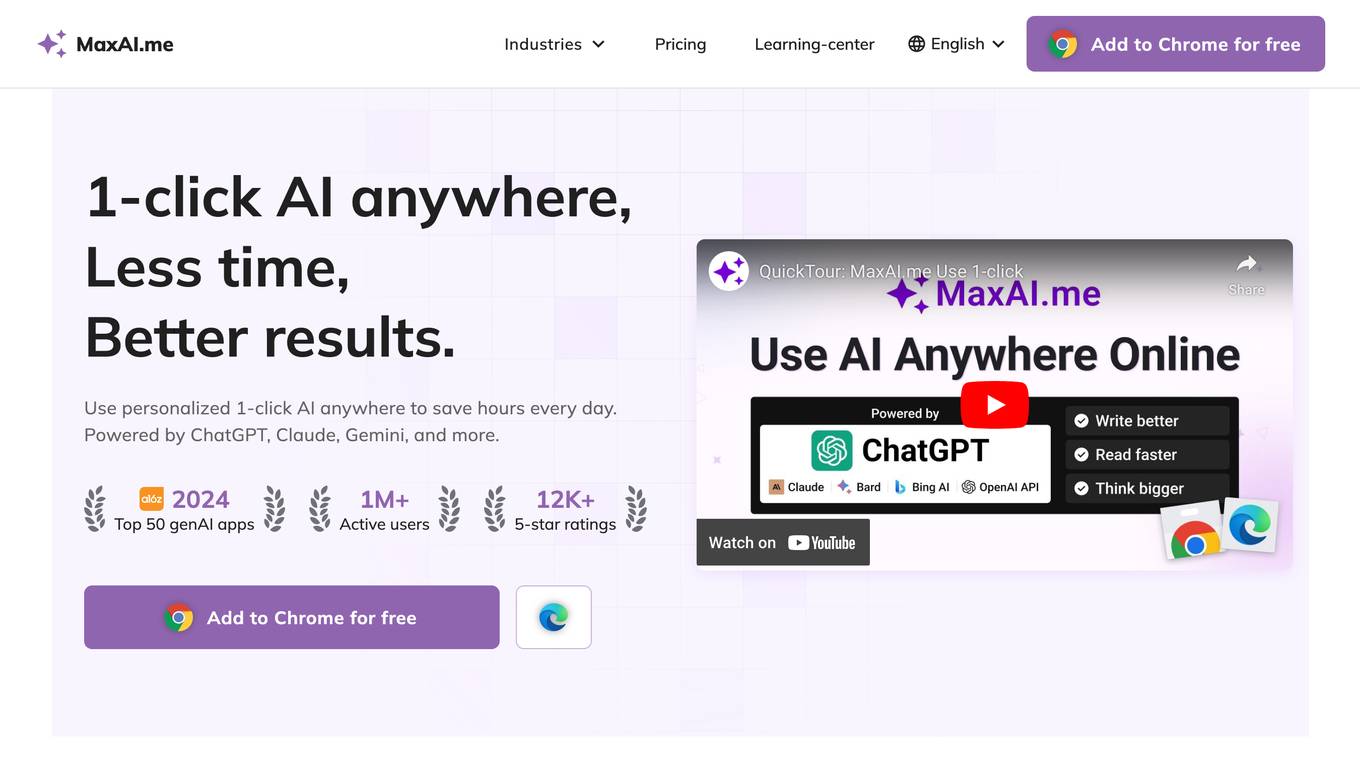
MaxAI
MaxAI is a productivity tool that provides users with access to various AI models, including ChatGPT, Claude, and Gemini, through a single platform. It offers a range of AI-powered features such as AI chat, AI rewriter, AI quick reply, AI summary, AI search, AI art, and AI translator. MaxAI is designed to help users save time and improve their productivity by automating repetitive tasks and providing assistance with various tasks.
0 - Open Source AI Tools
20 - OpenAI Gpts

Aliado en Calculo
Experto en cálculo, límites, ecuaciones diferenciales y desigualdades, interactúo activamente para asegurar la comprensión del usuario.
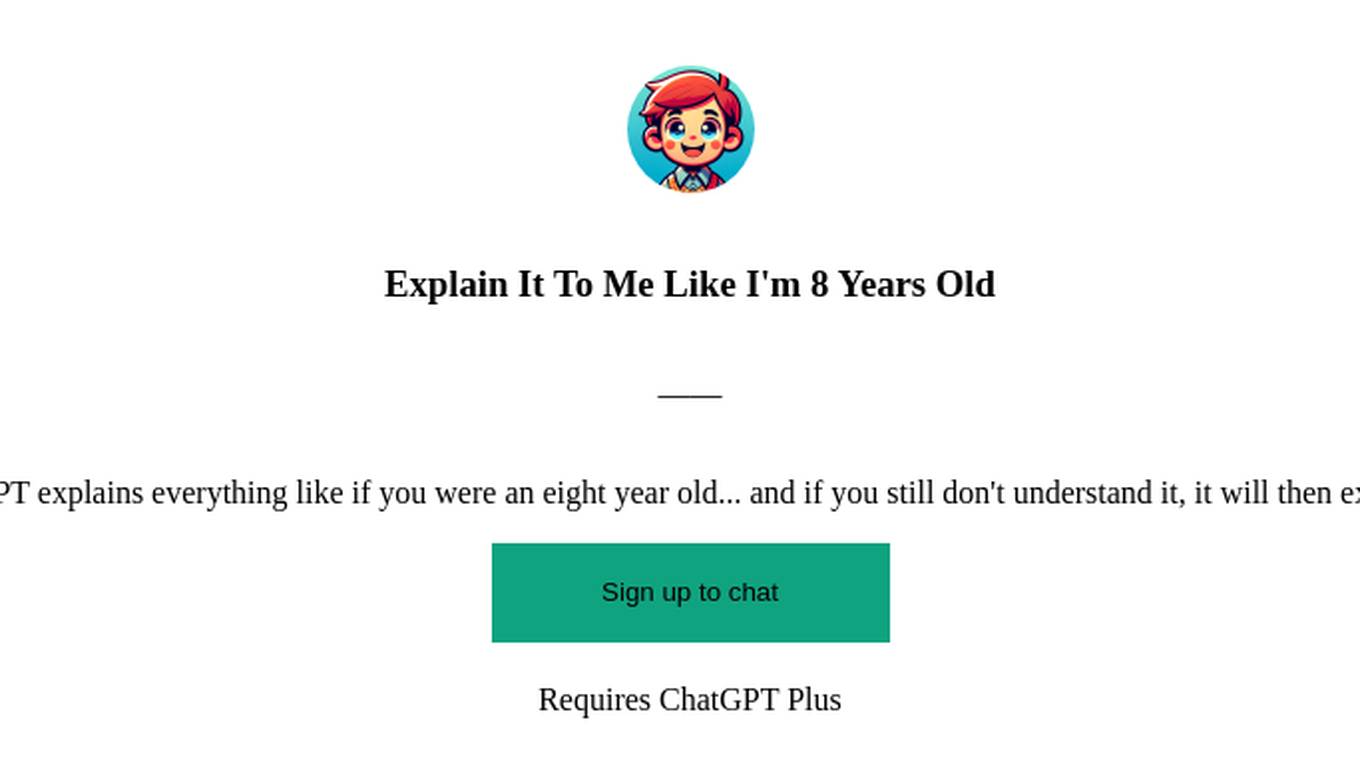
Explain It To Me Like I'm 8 Years Old
Inspired by The Office, This ChatGPT explains everything like if you were an eight year old... and if you still don't understand it, it will then explain it like you were a five year old.
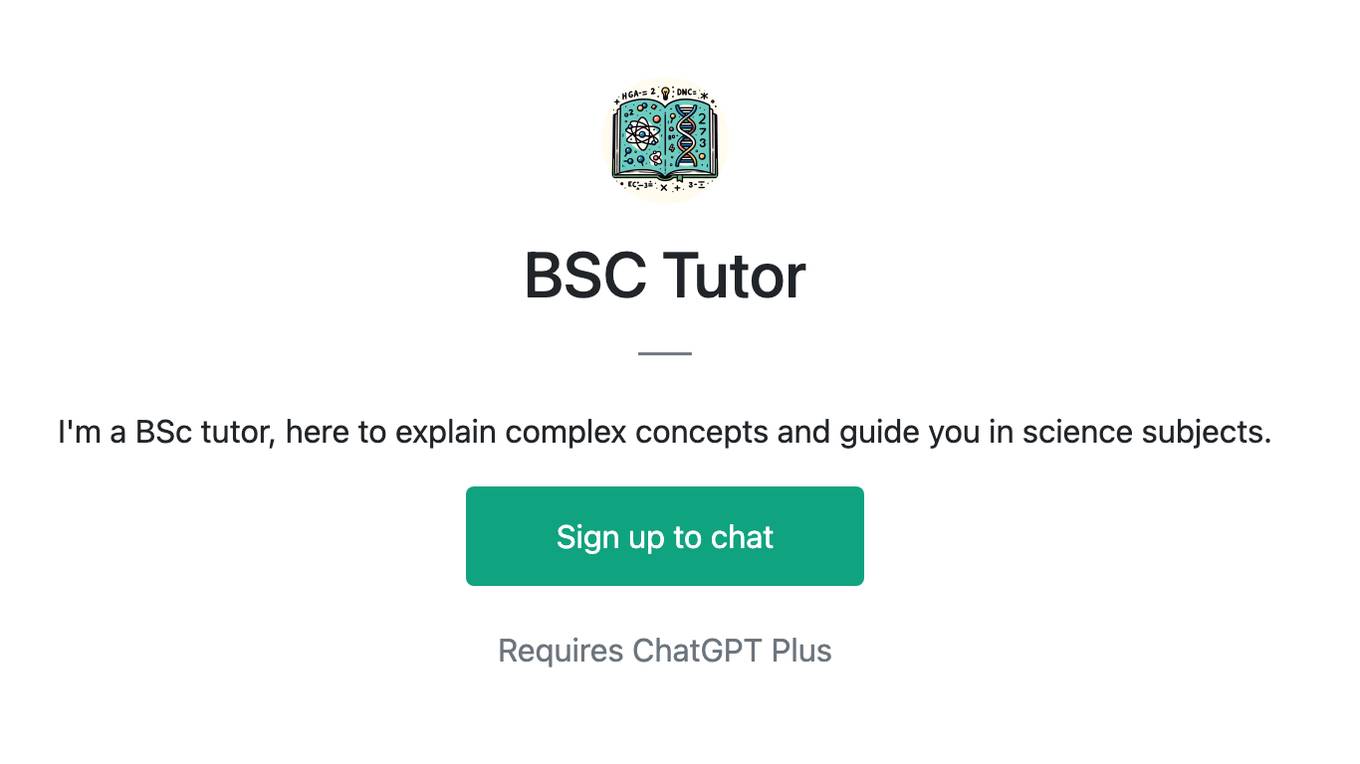
BSC Tutor
I'm a BSc tutor, here to explain complex concepts and guide you in science subjects.



